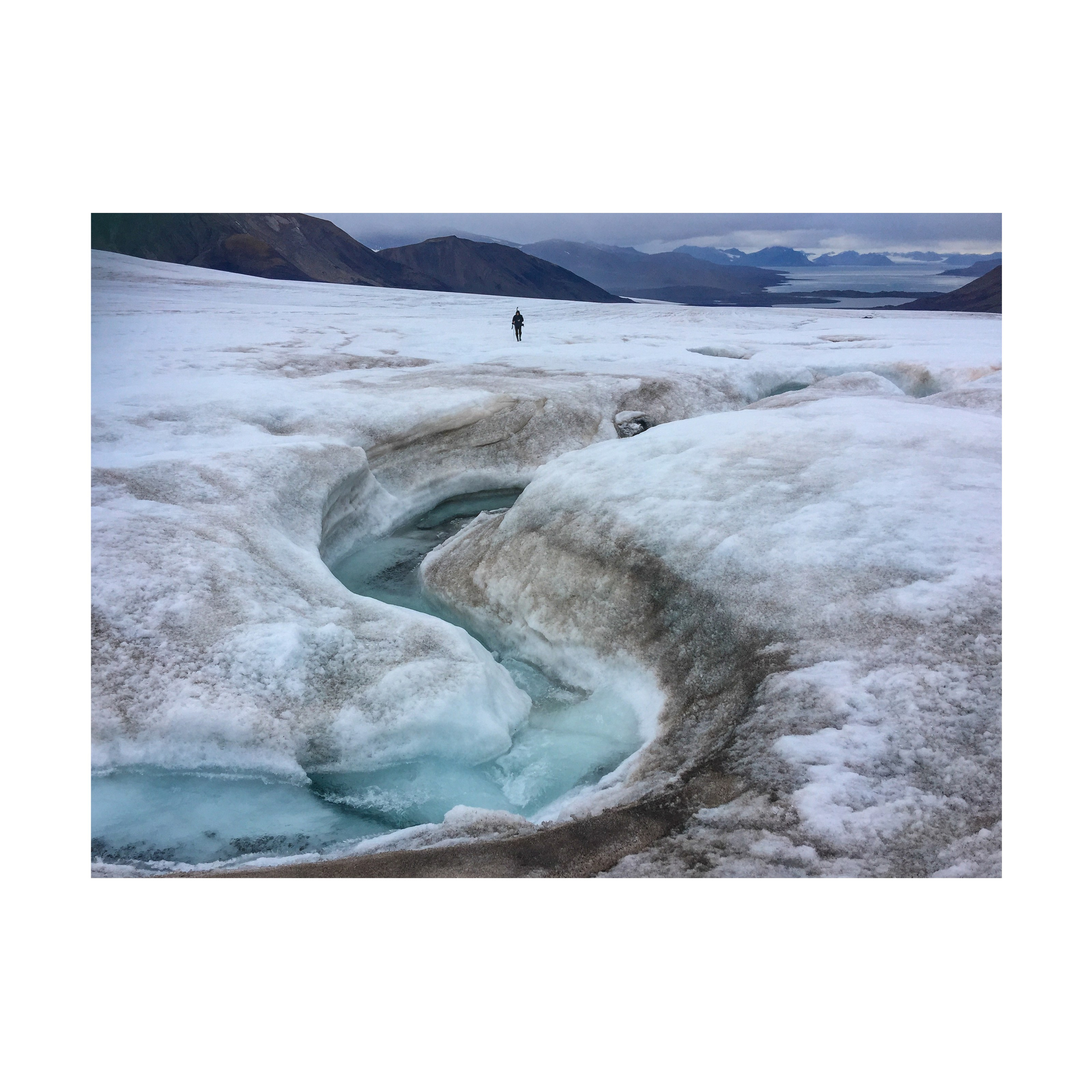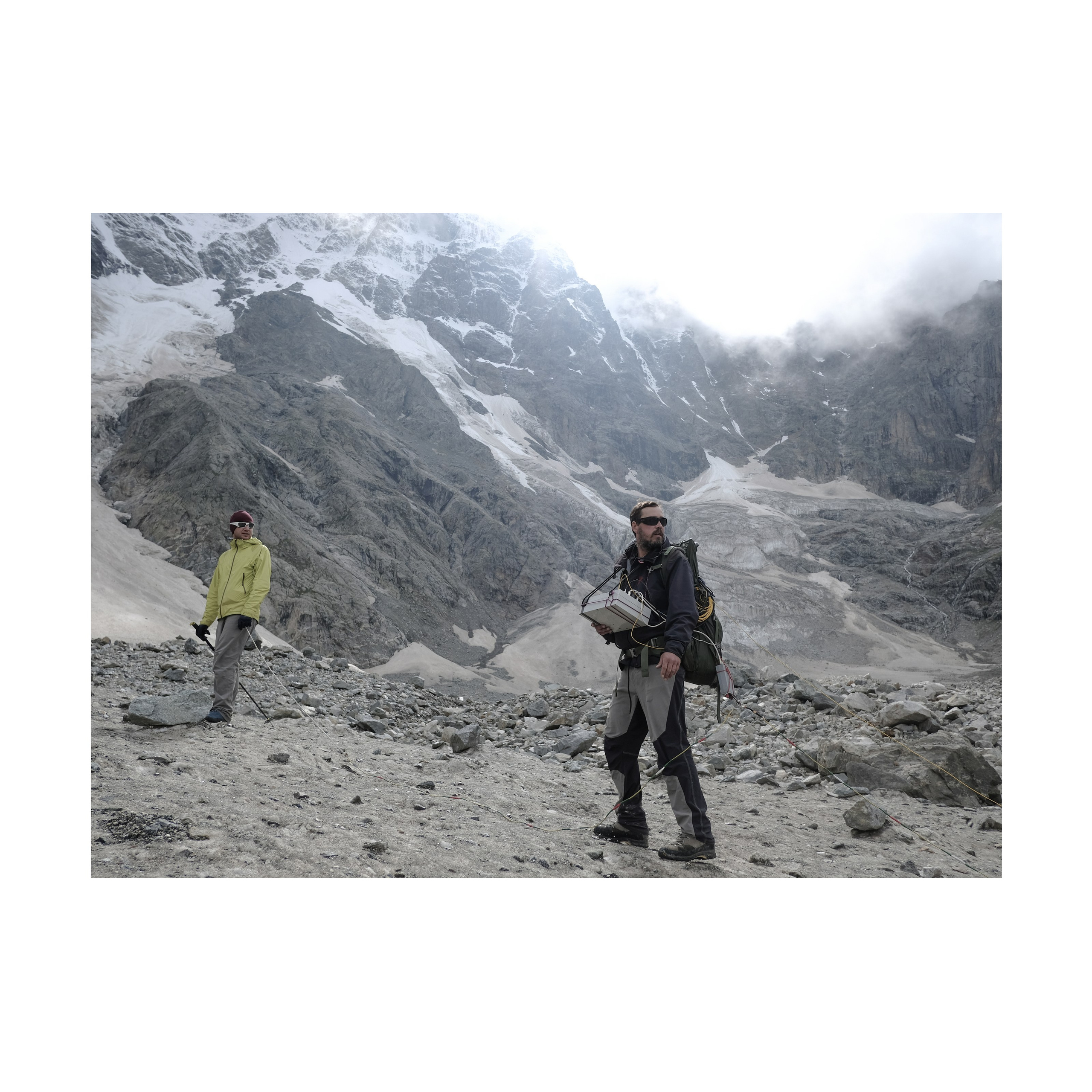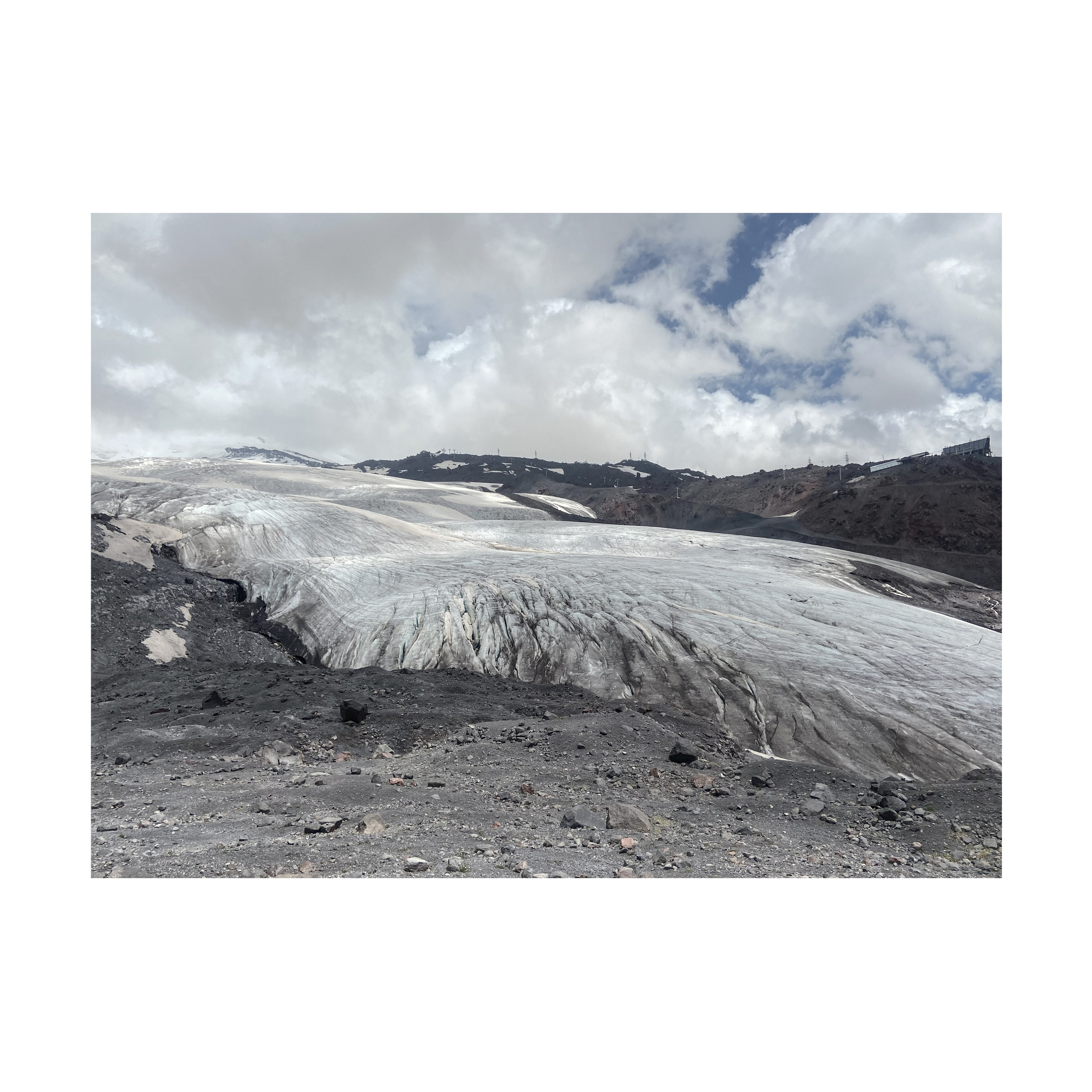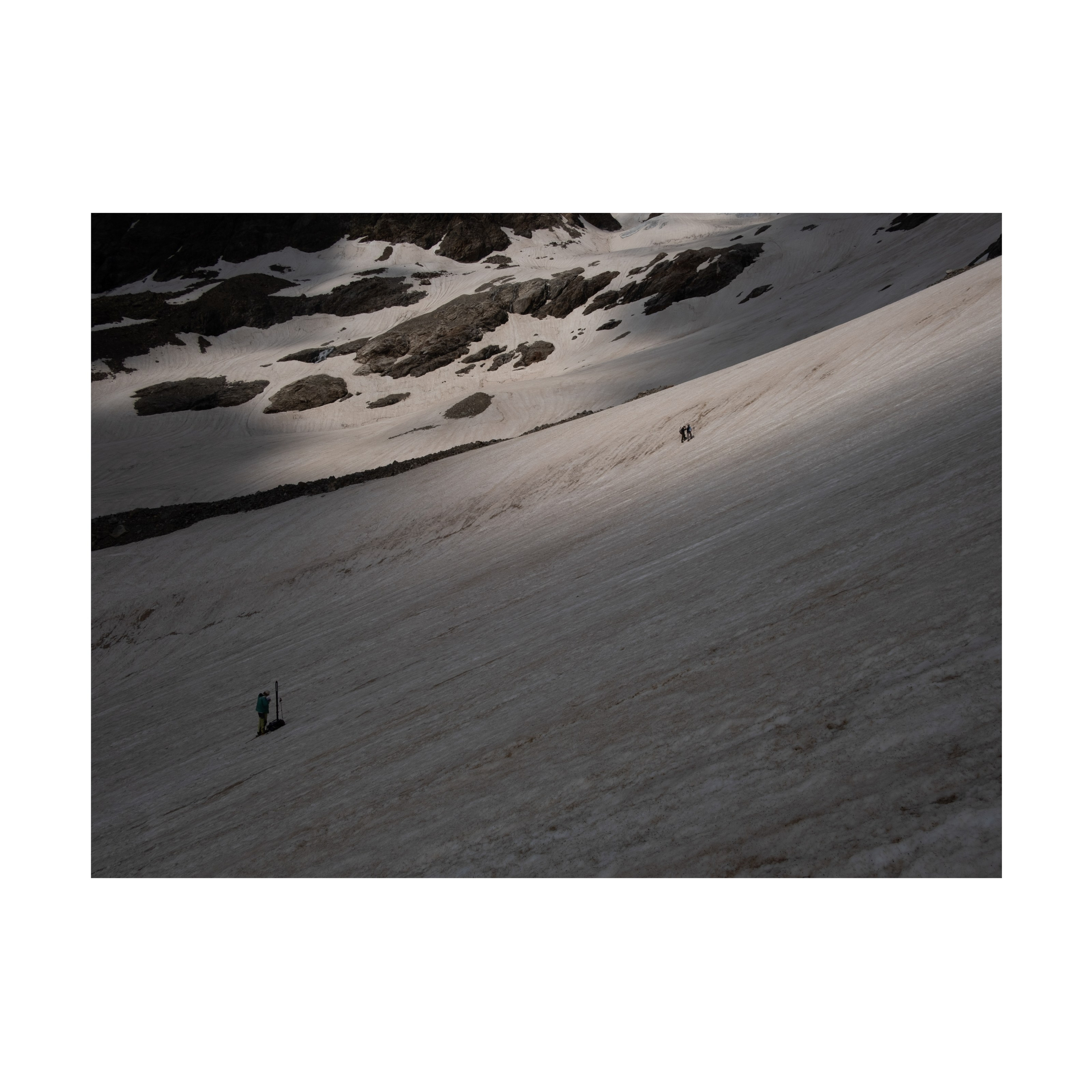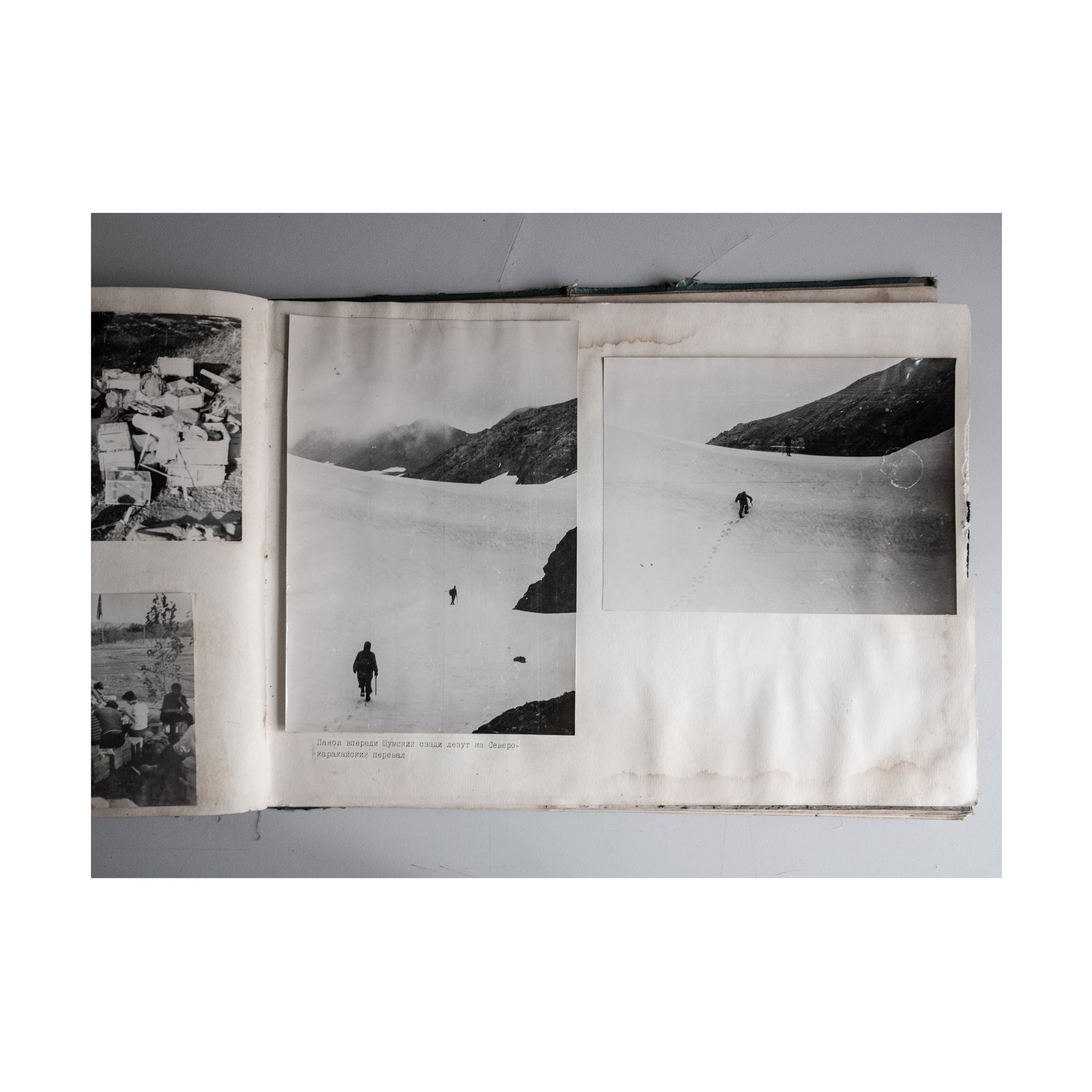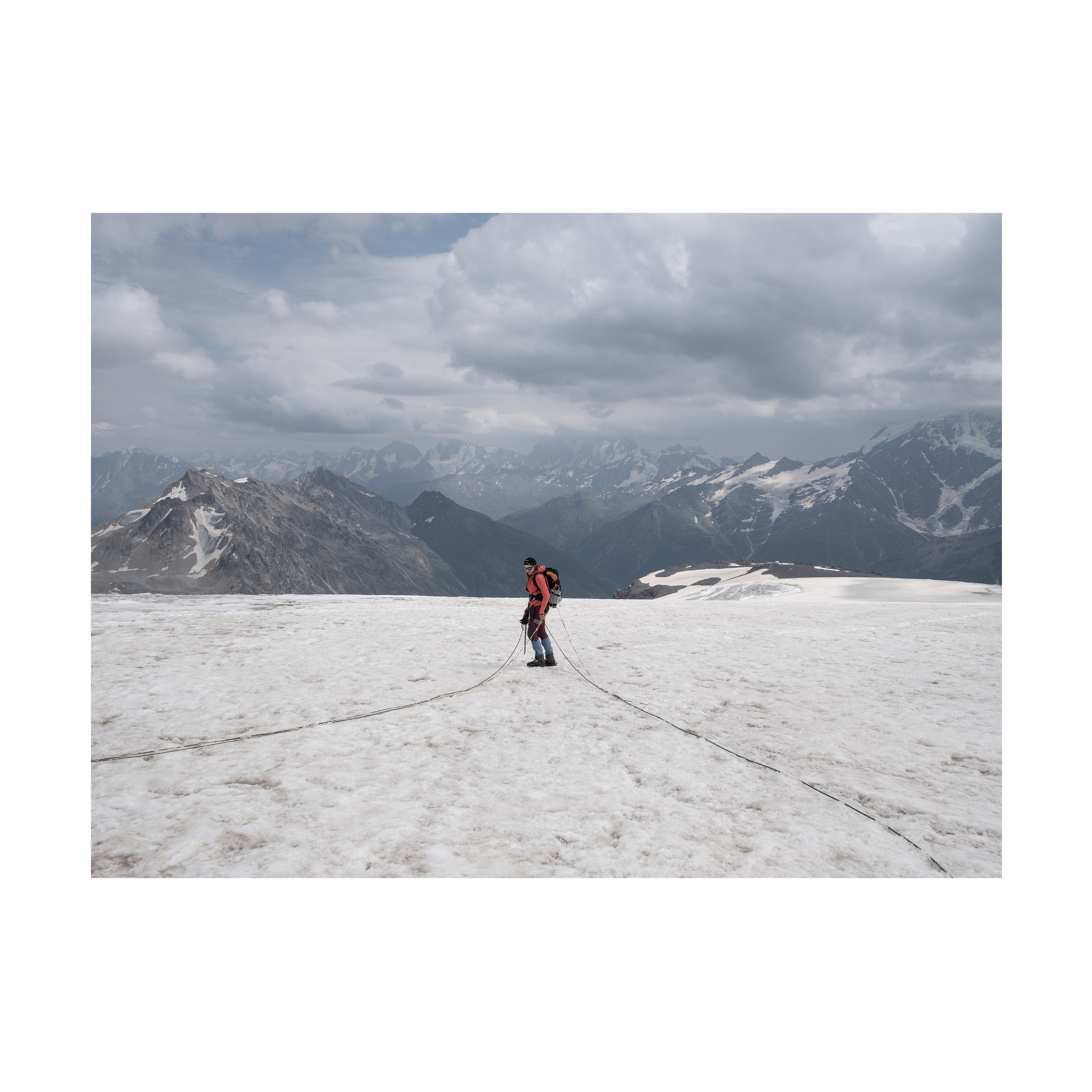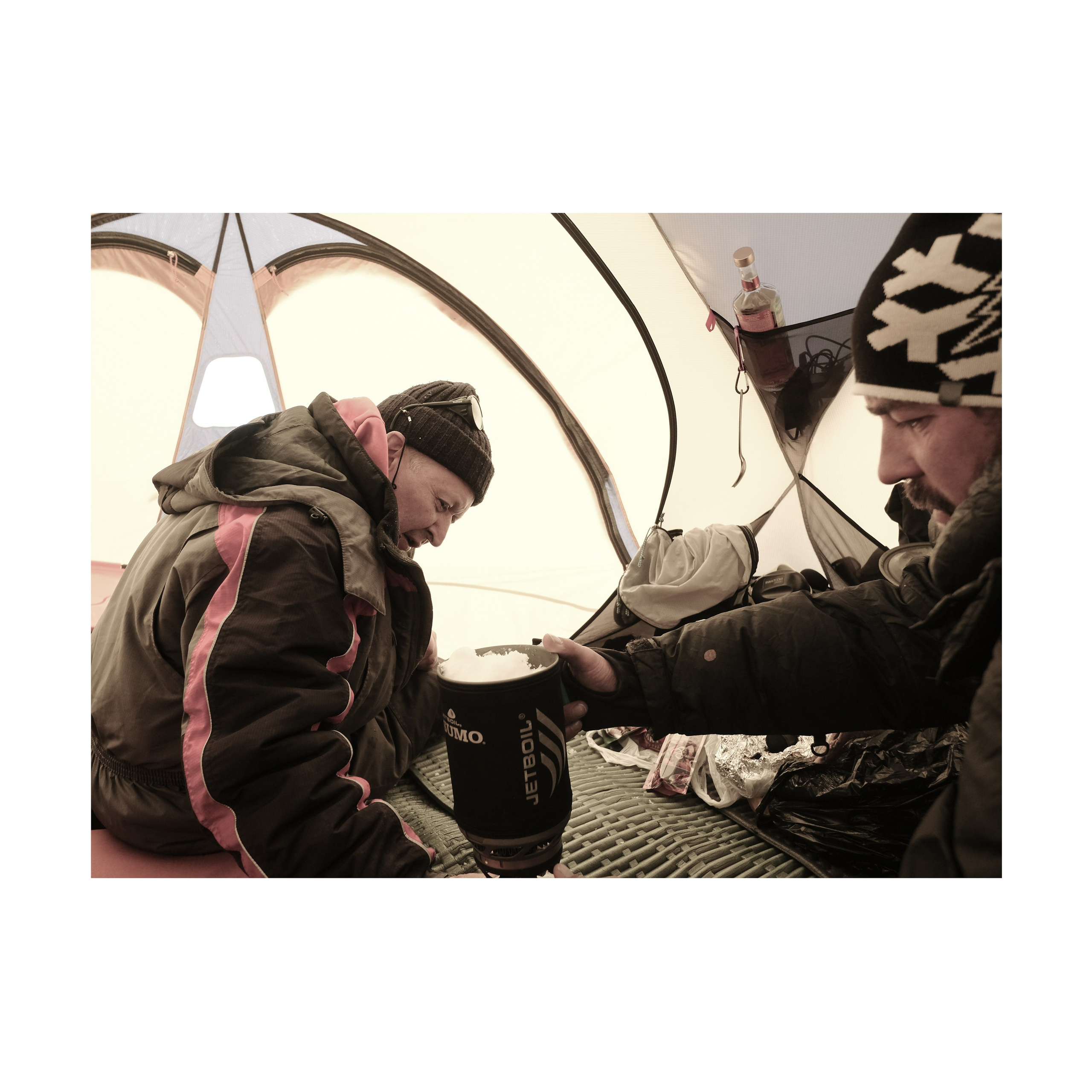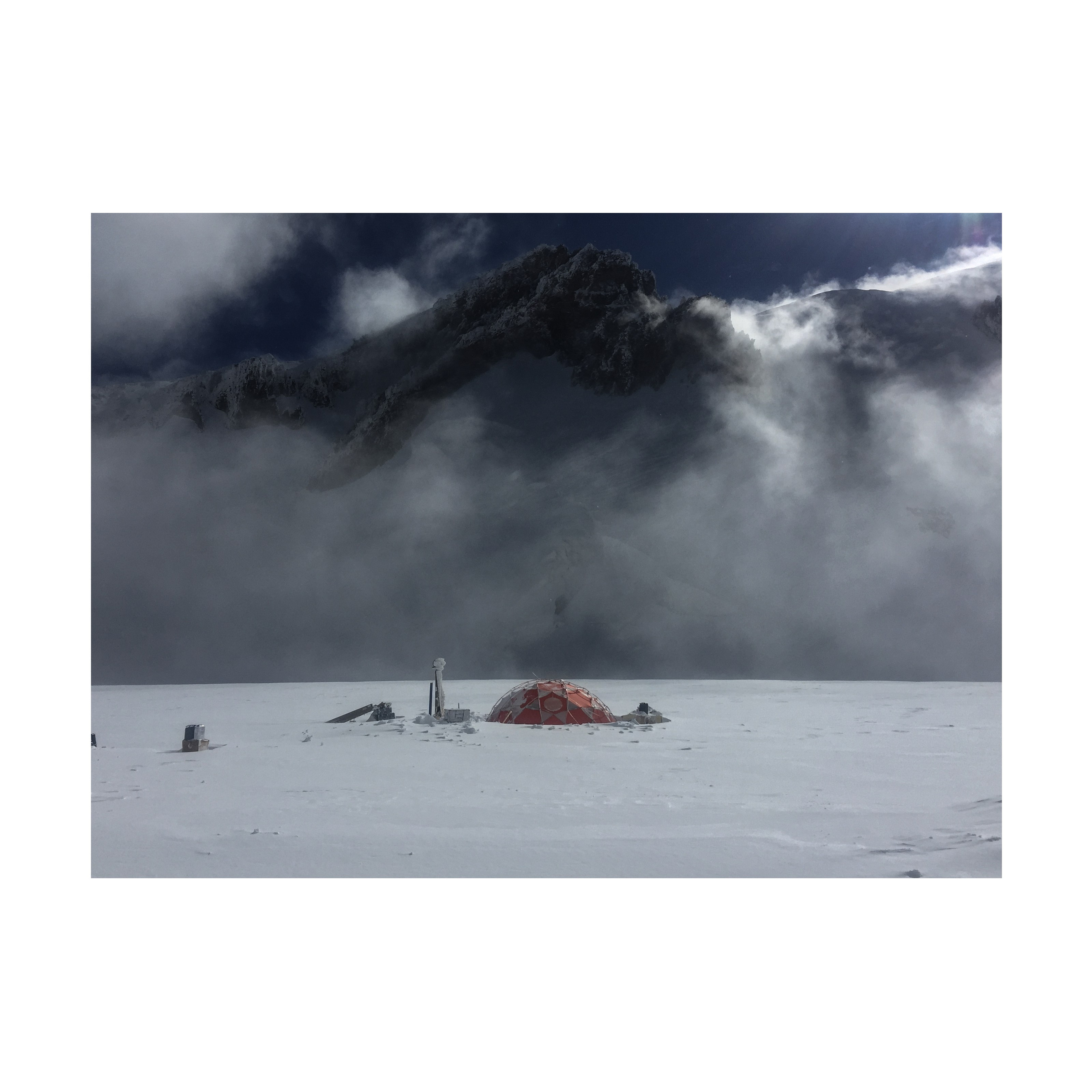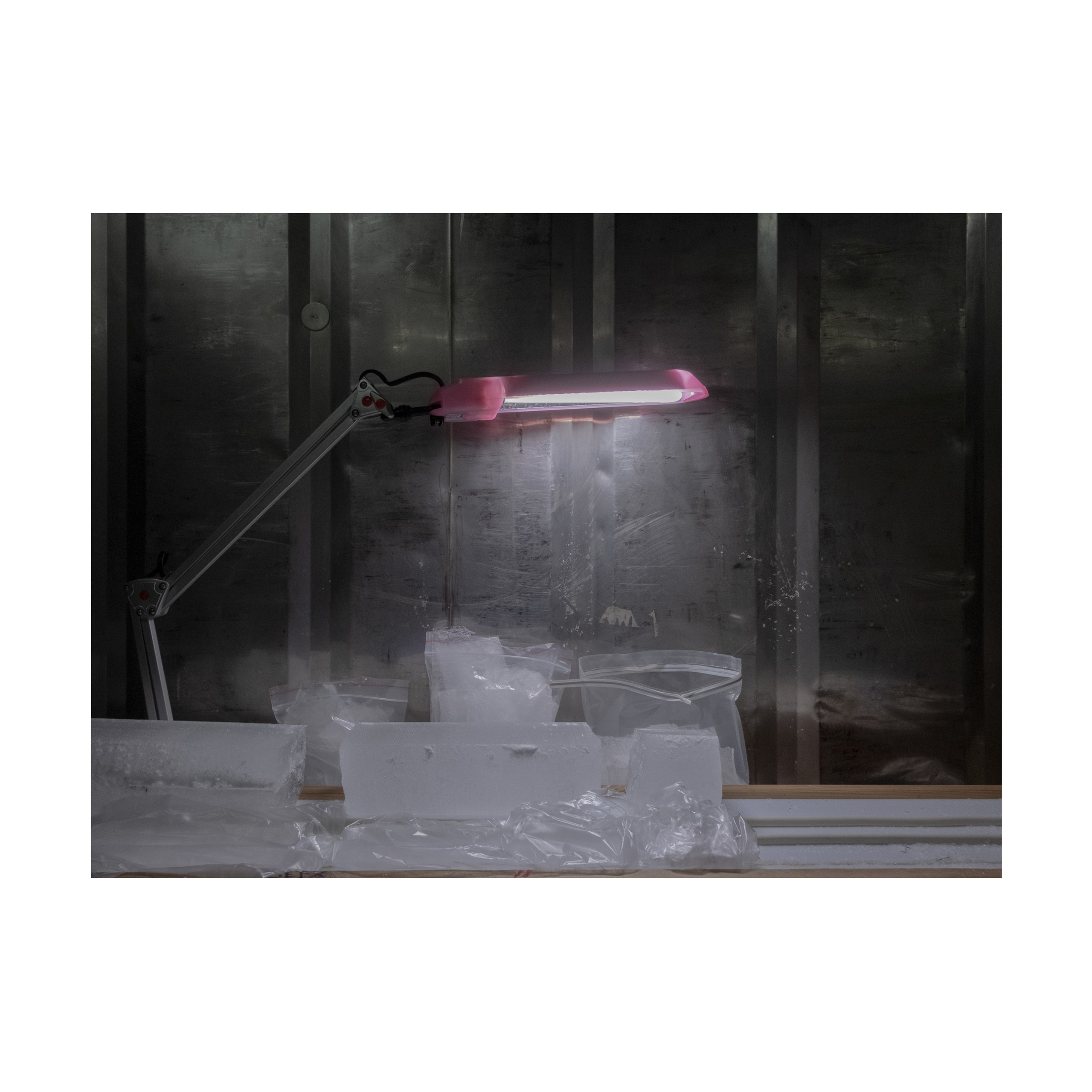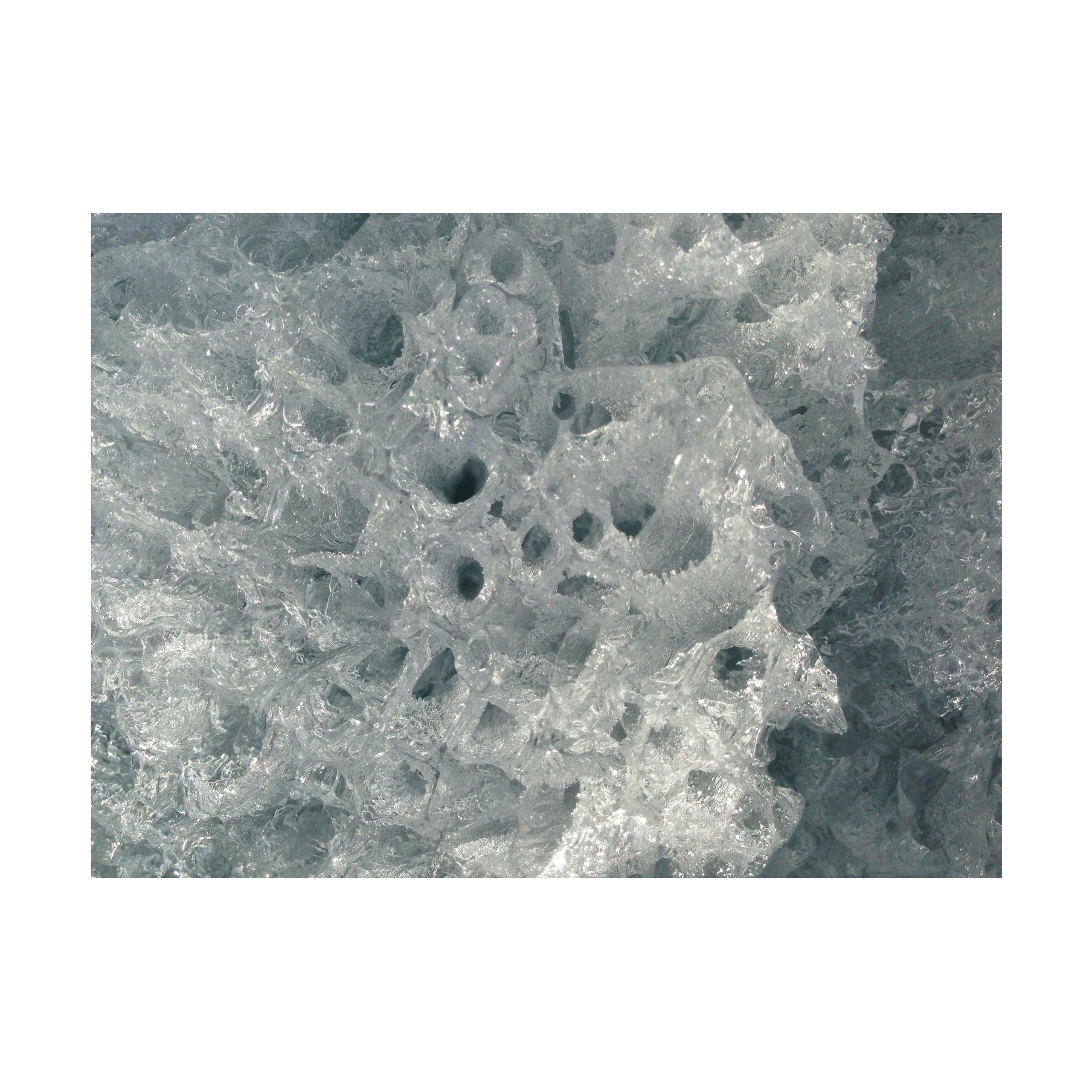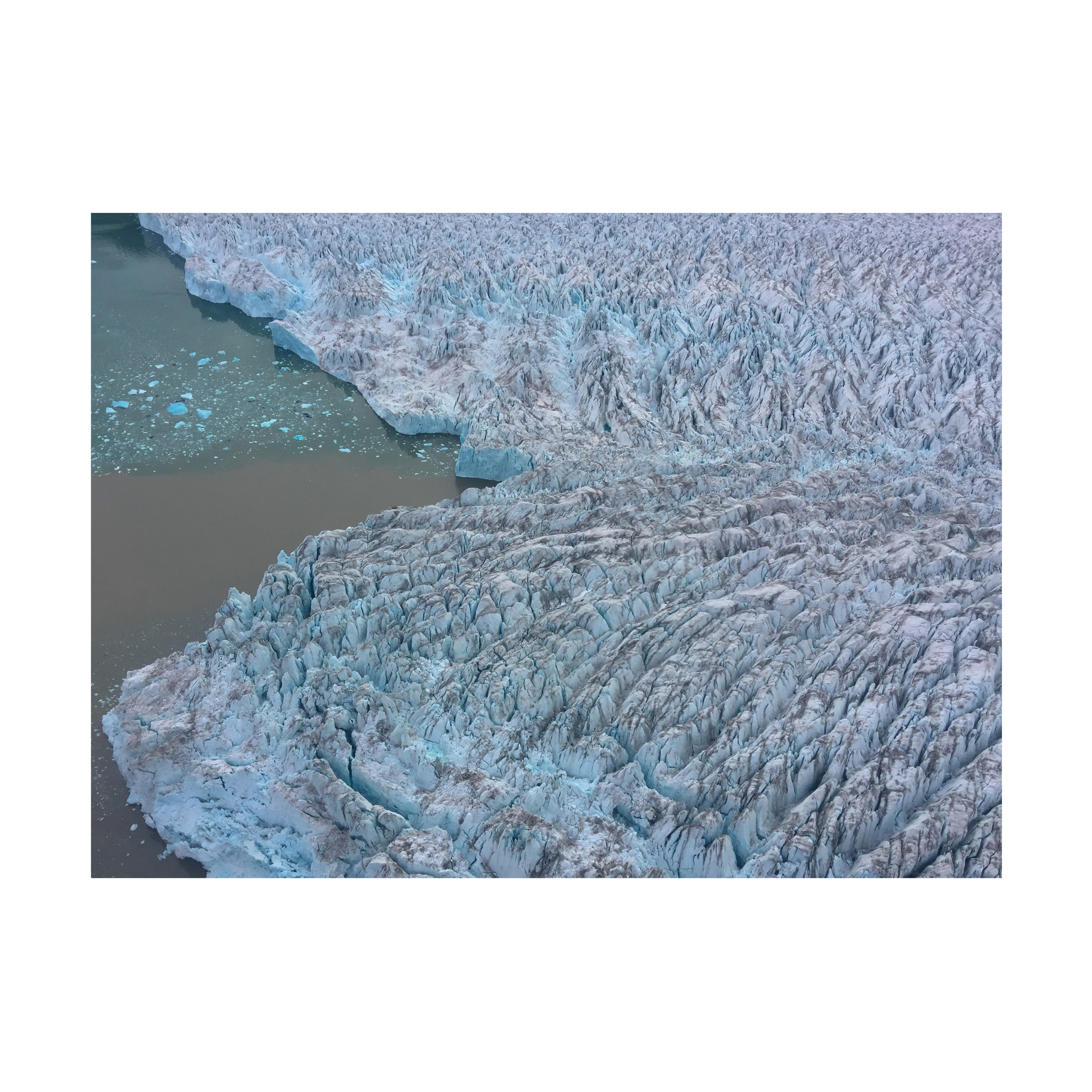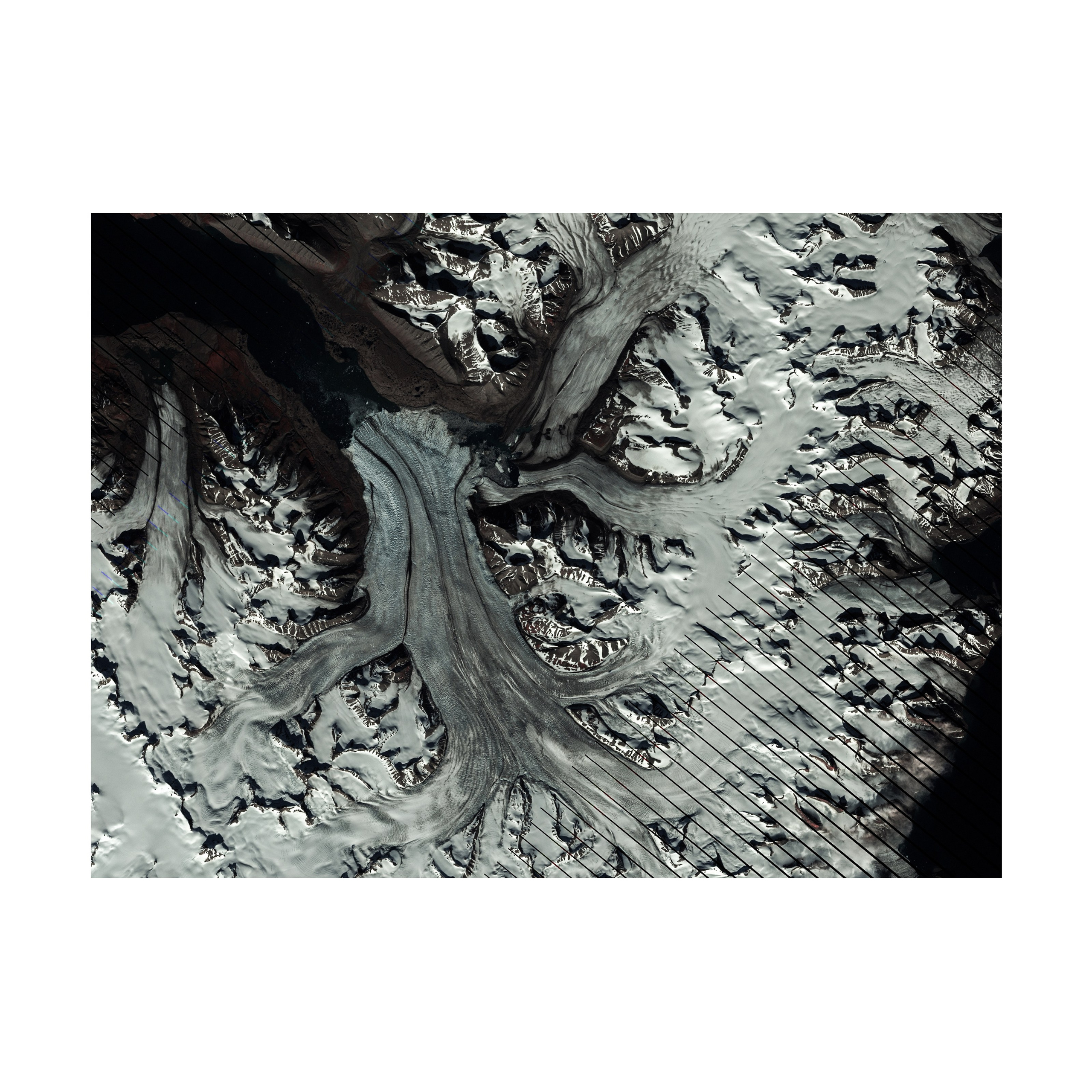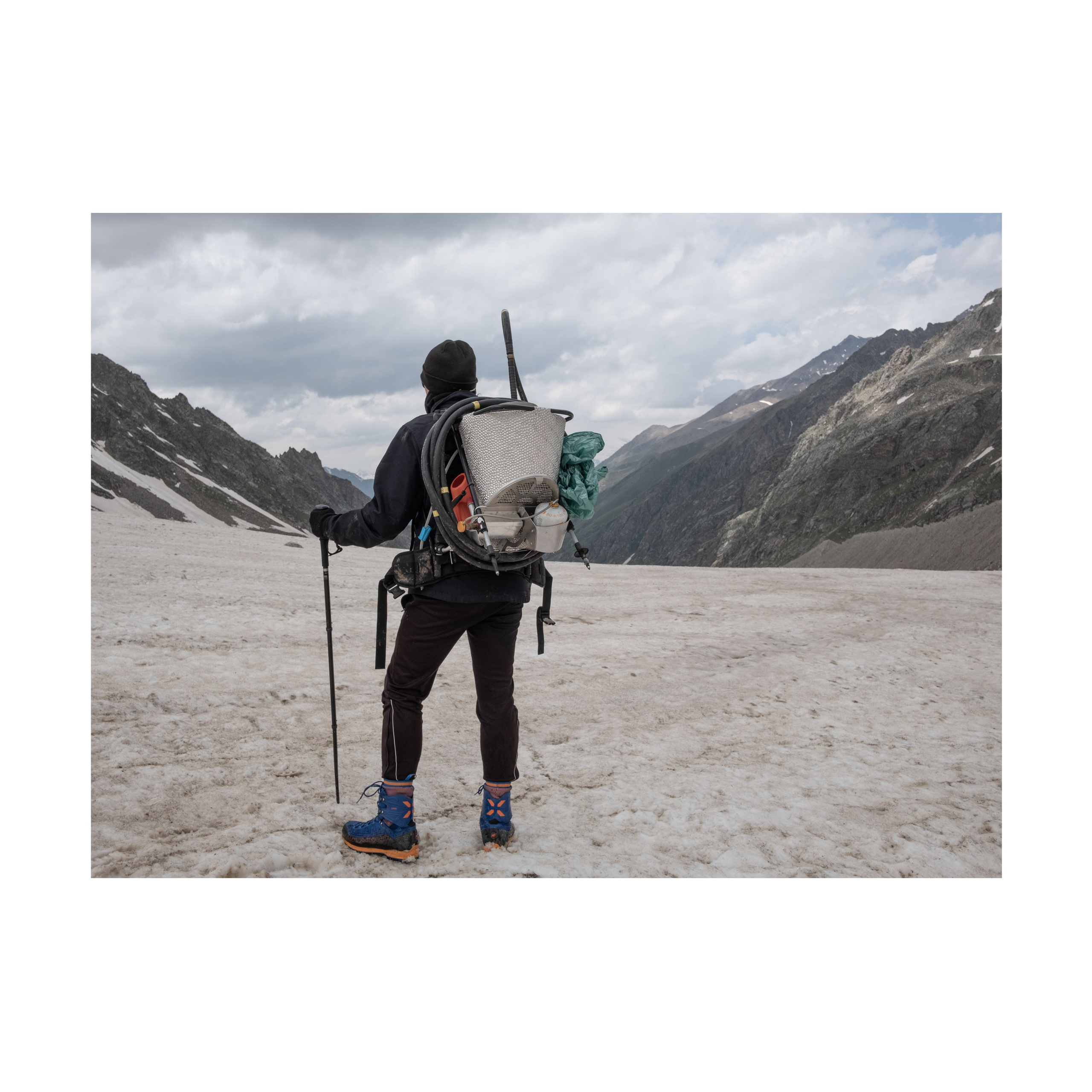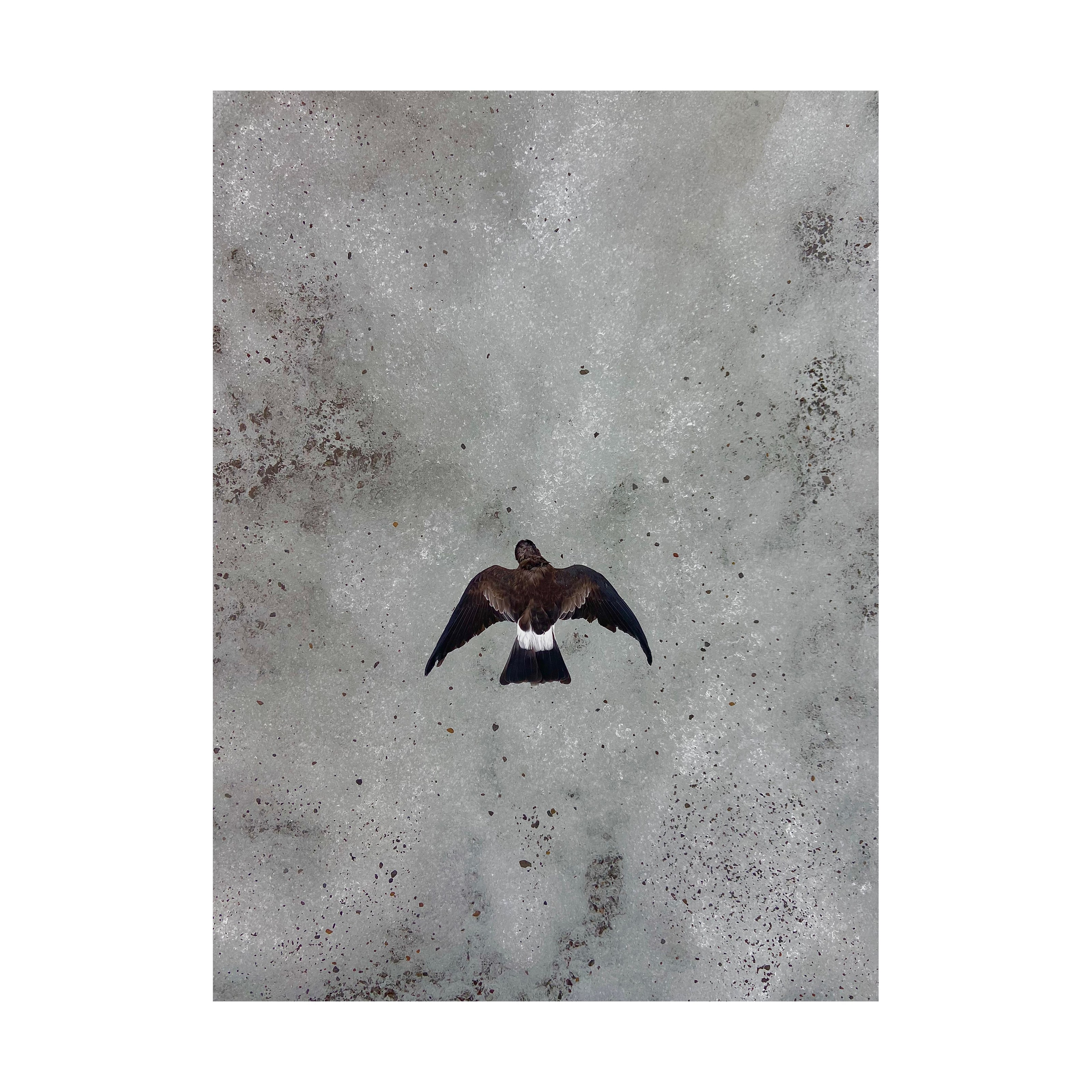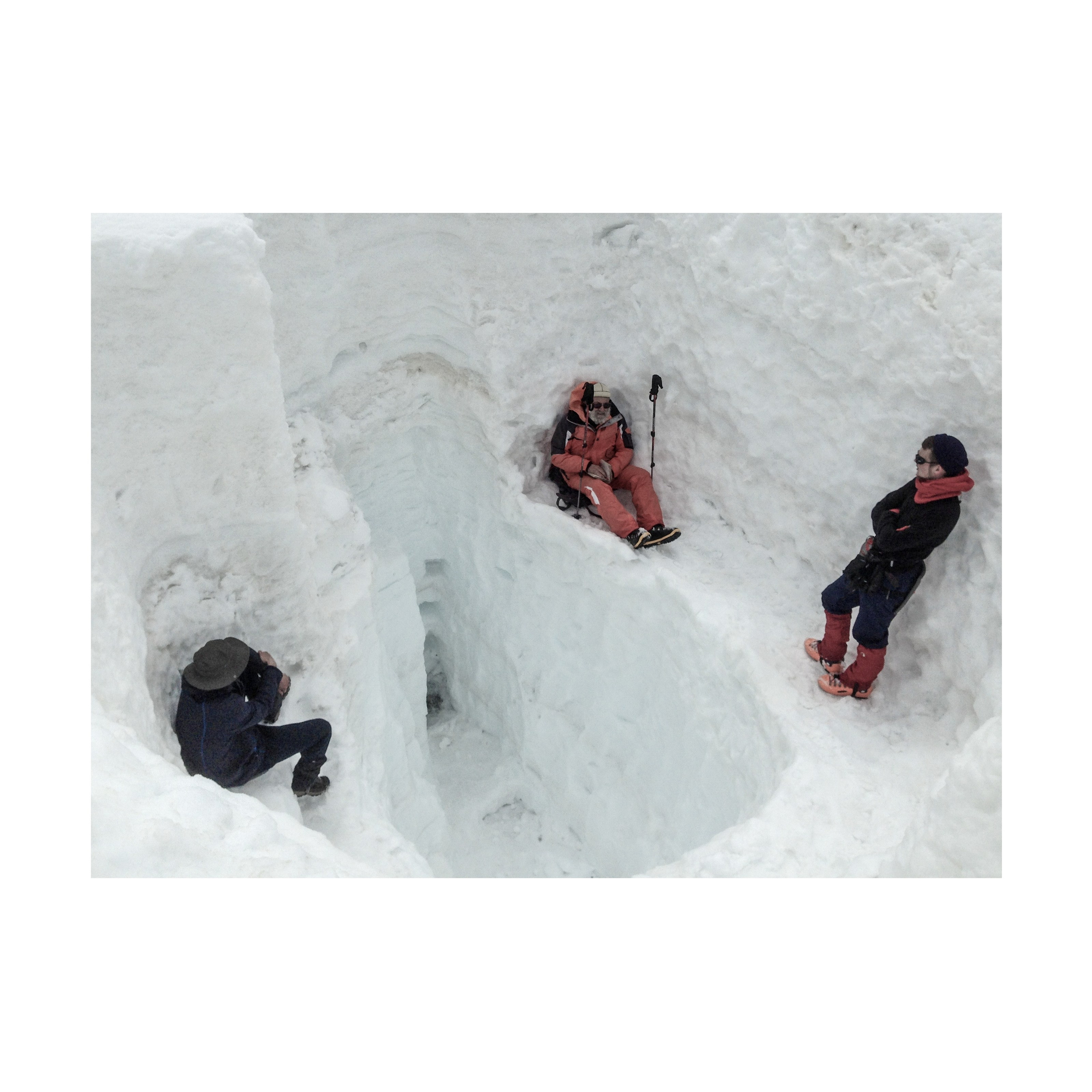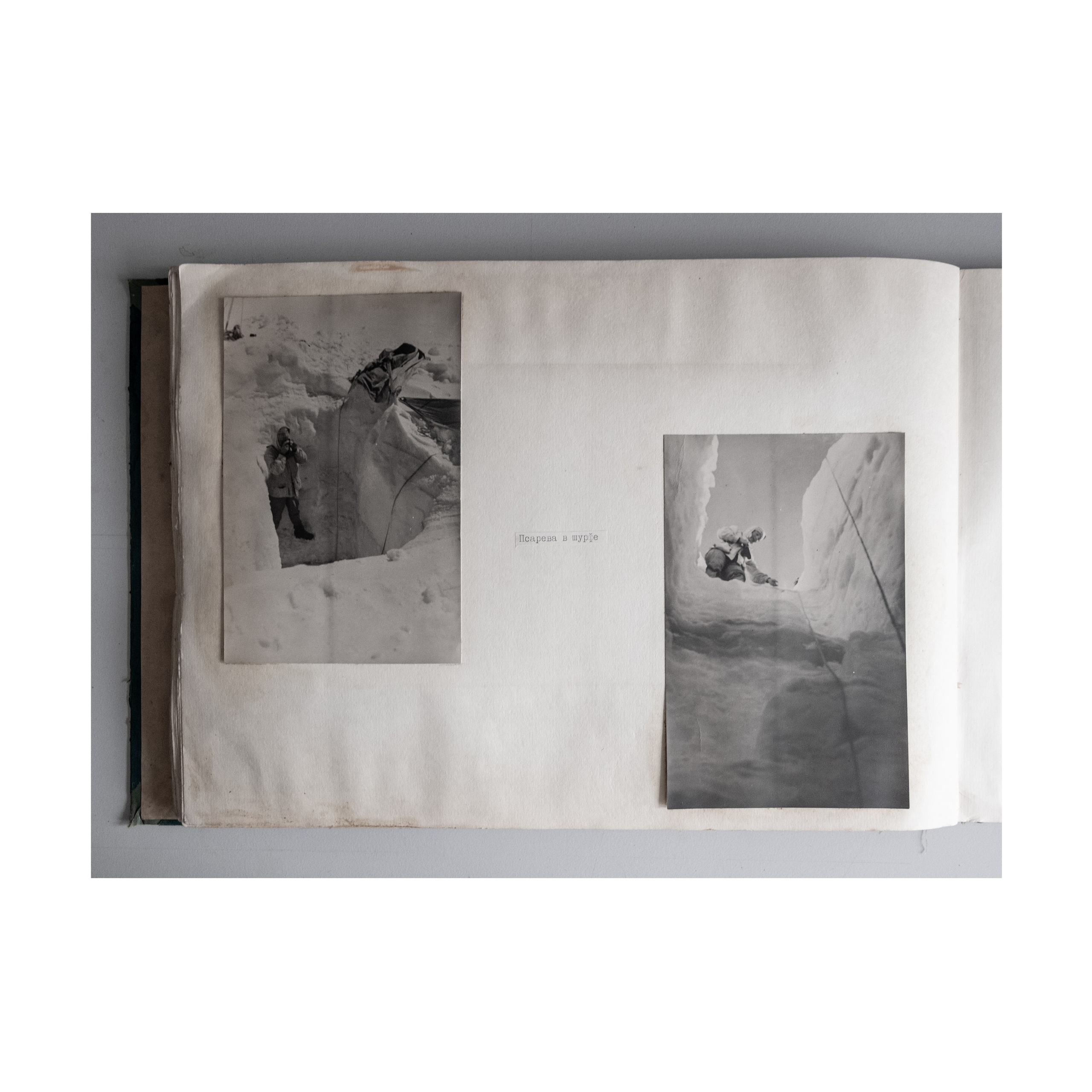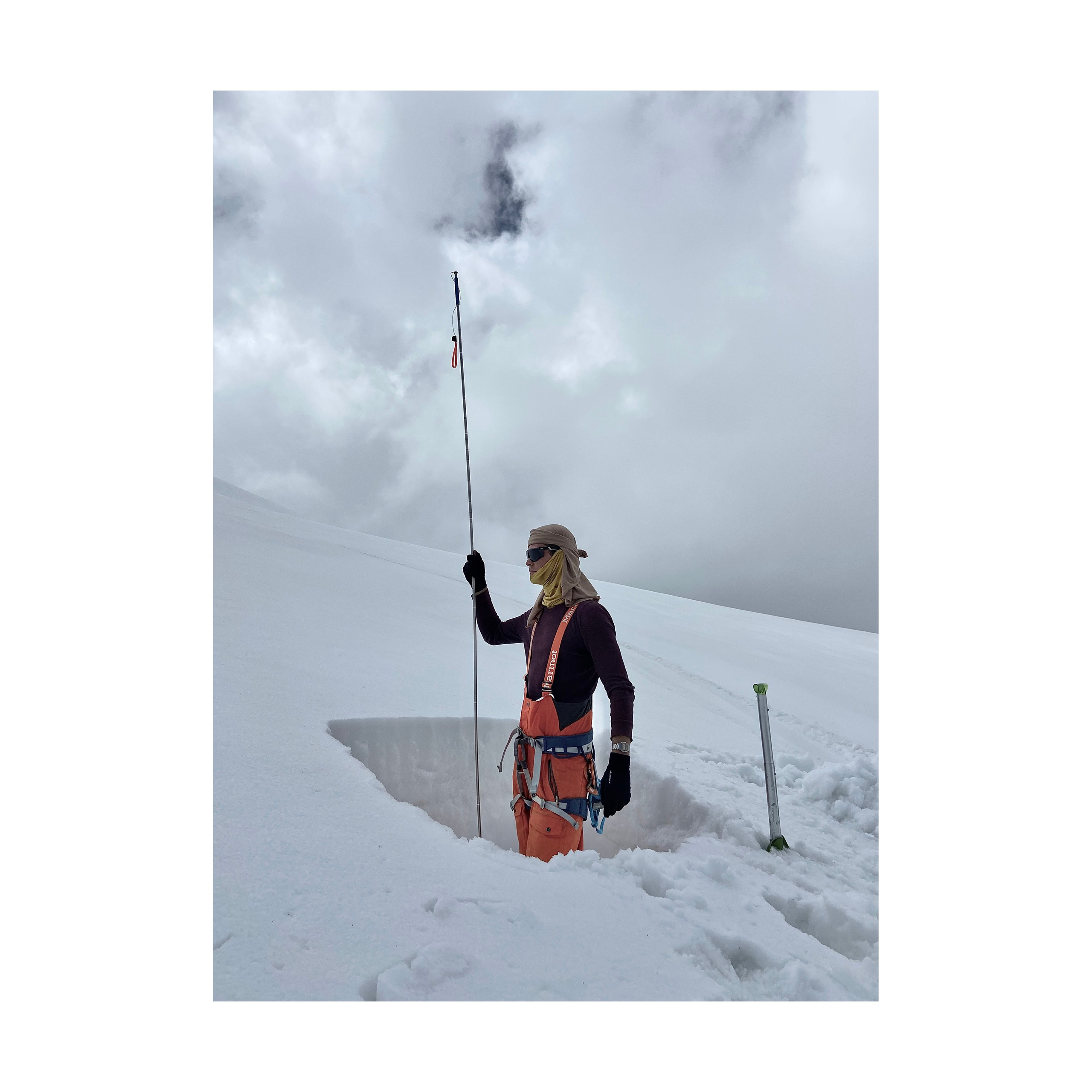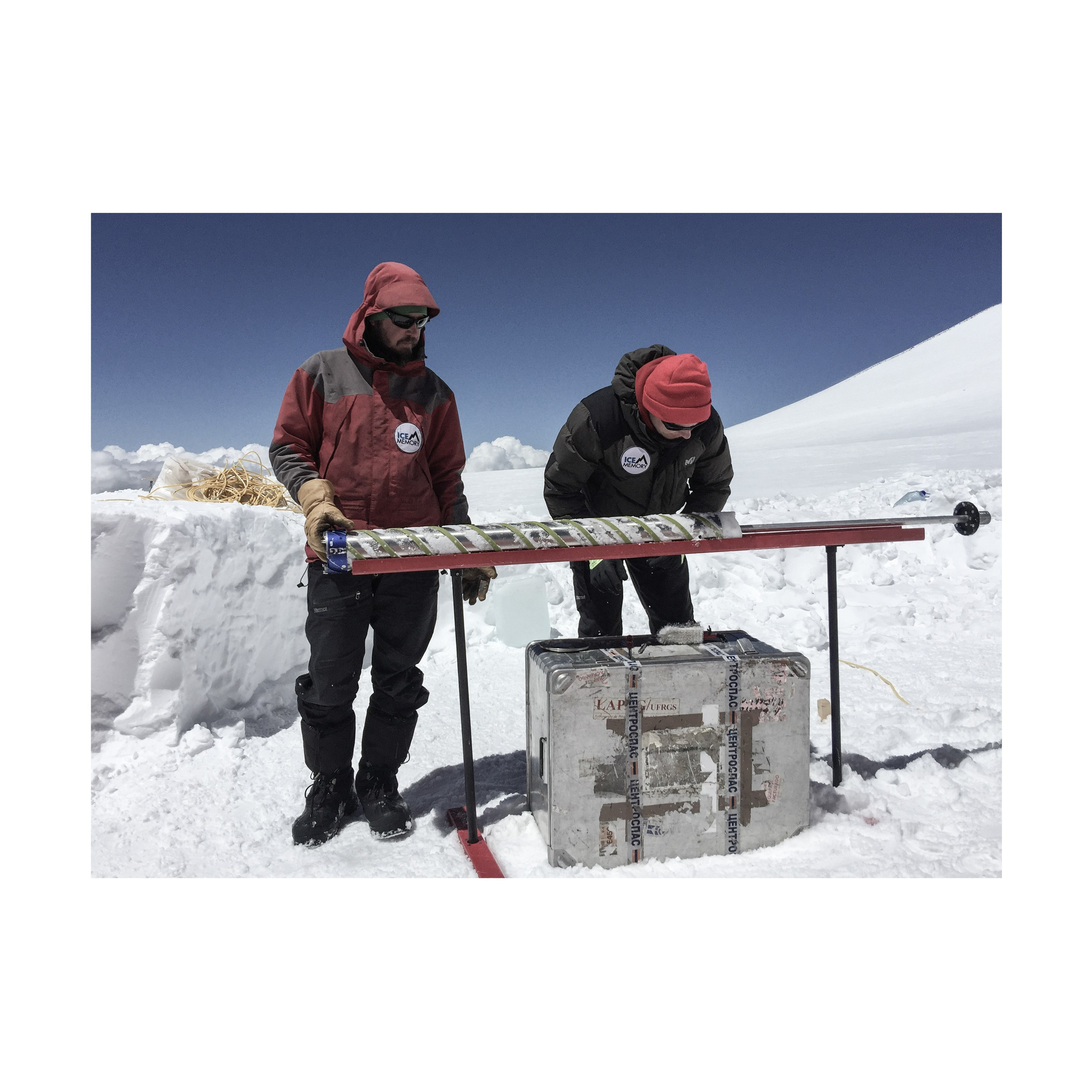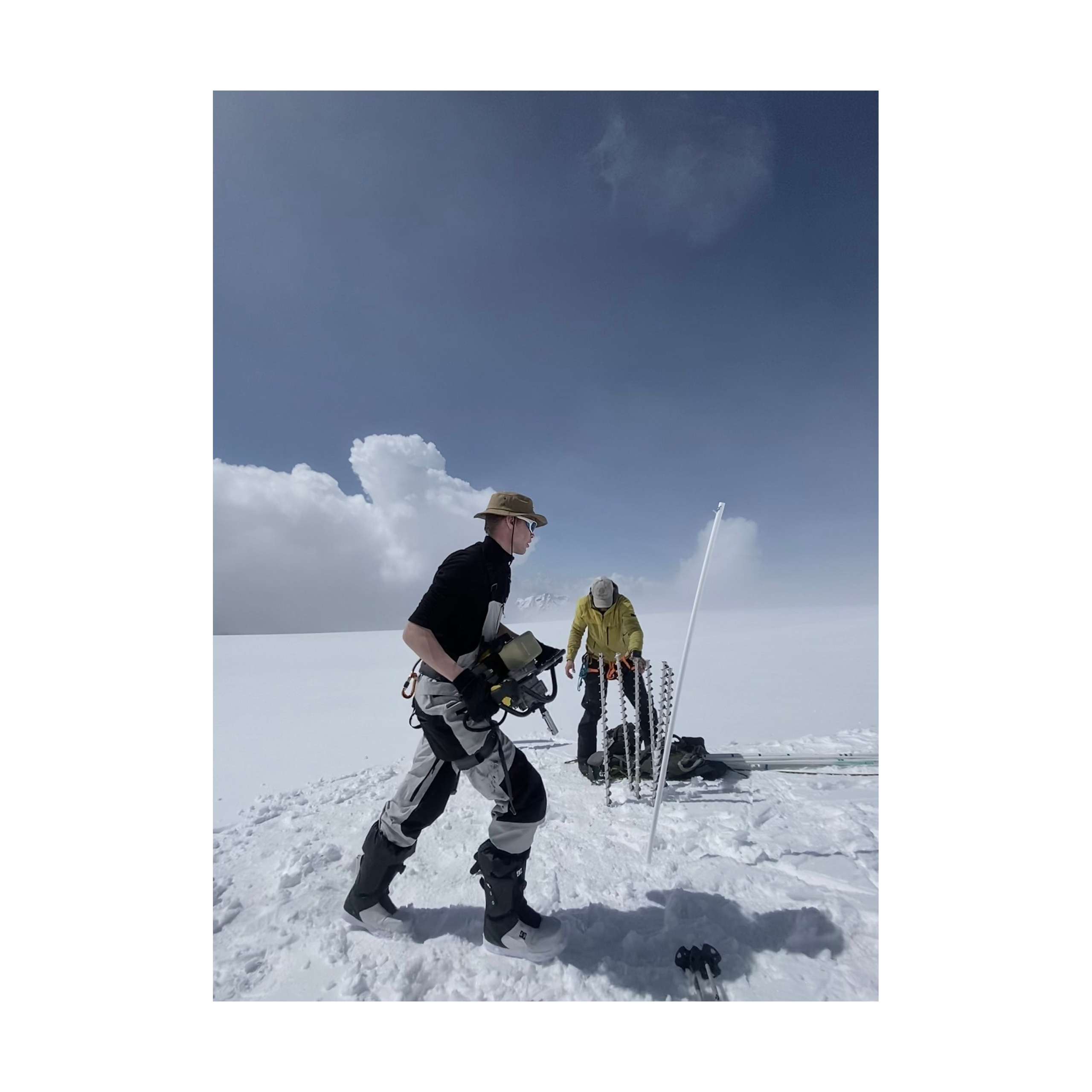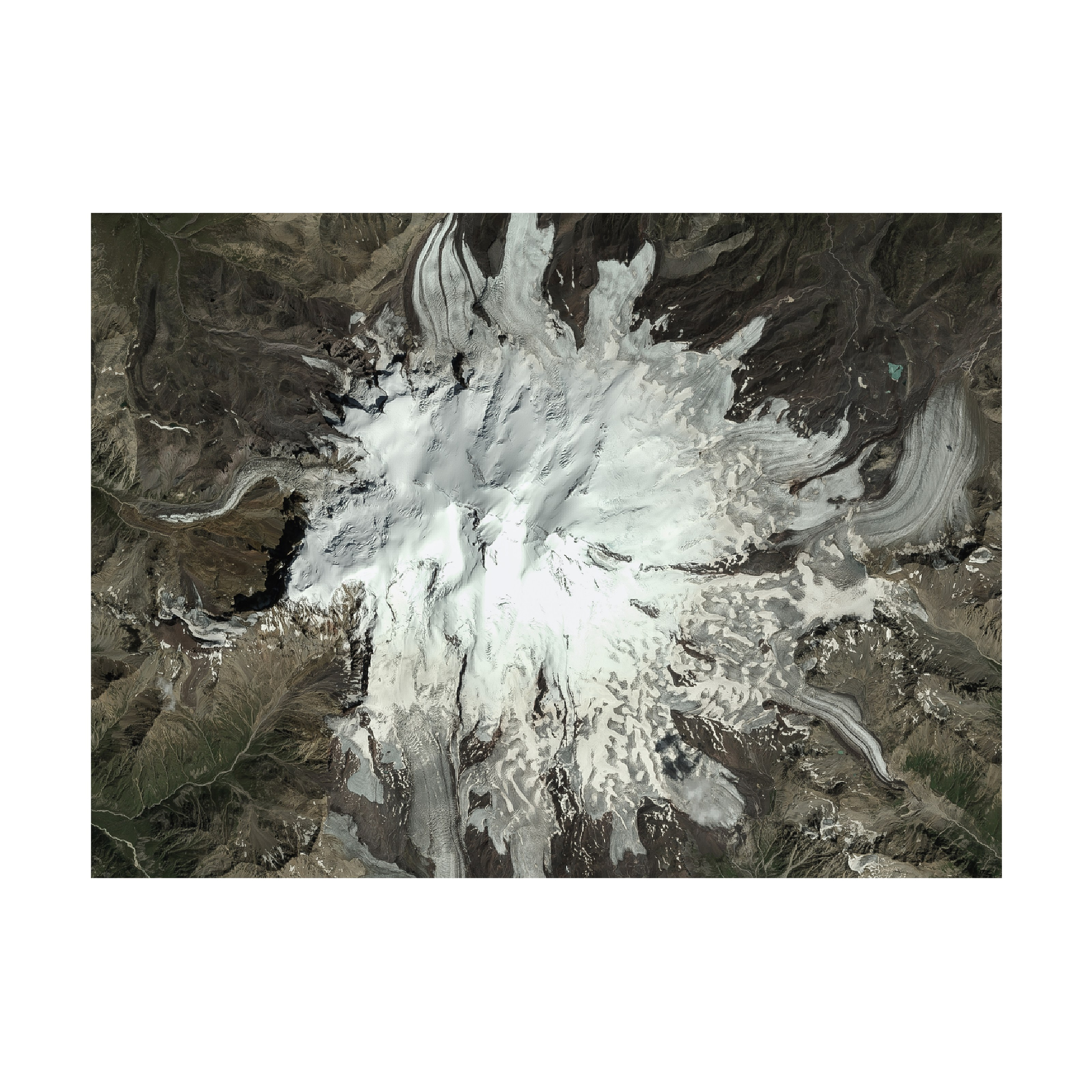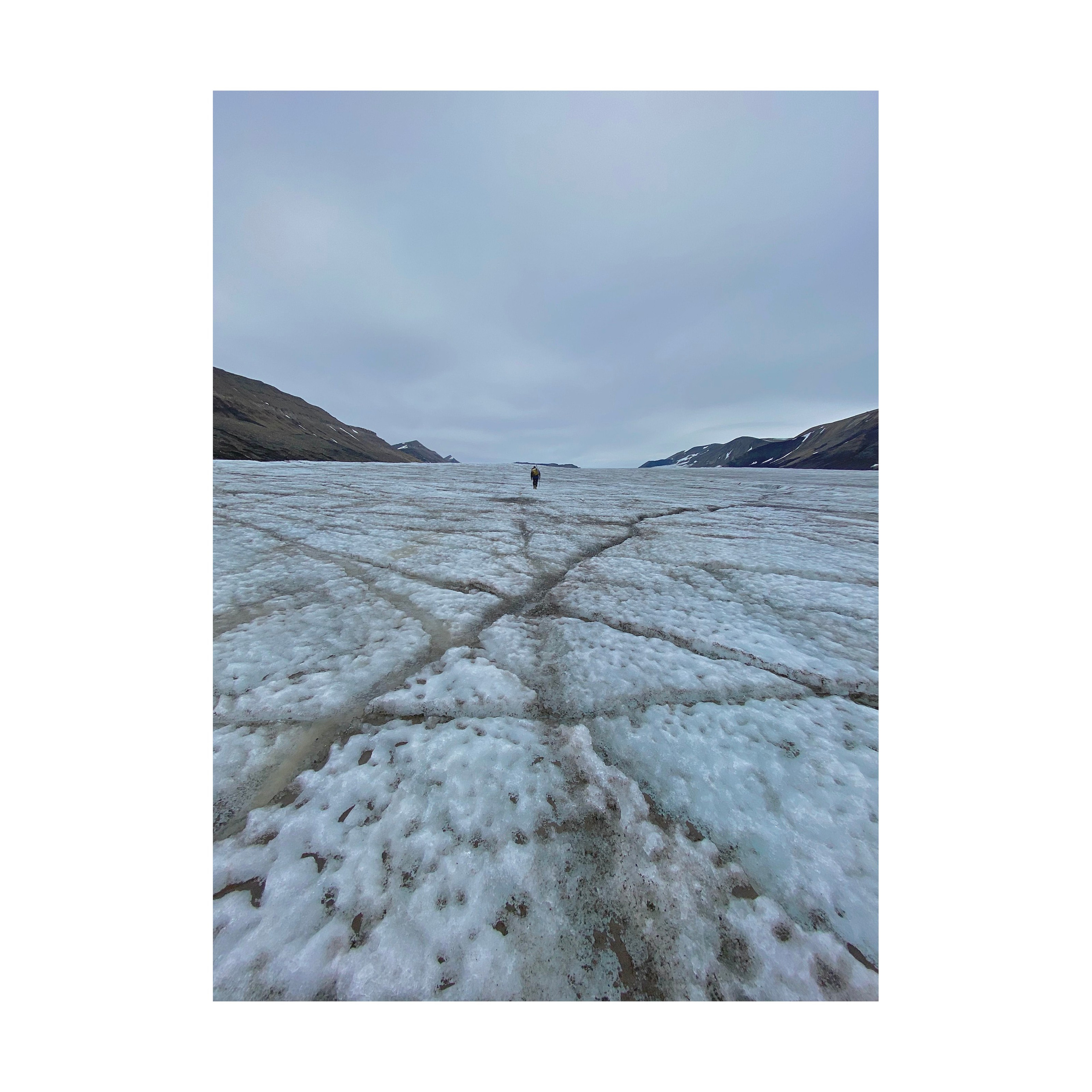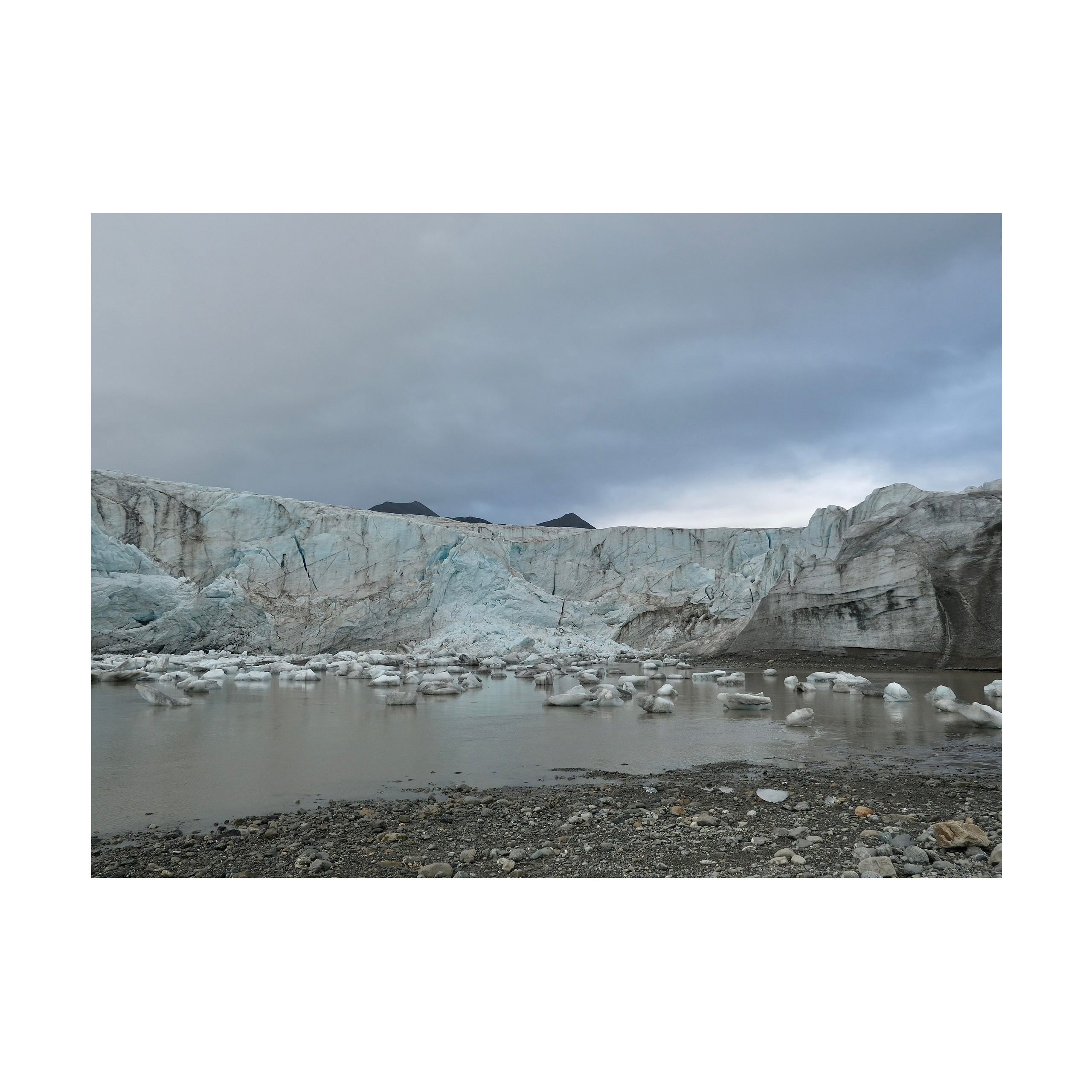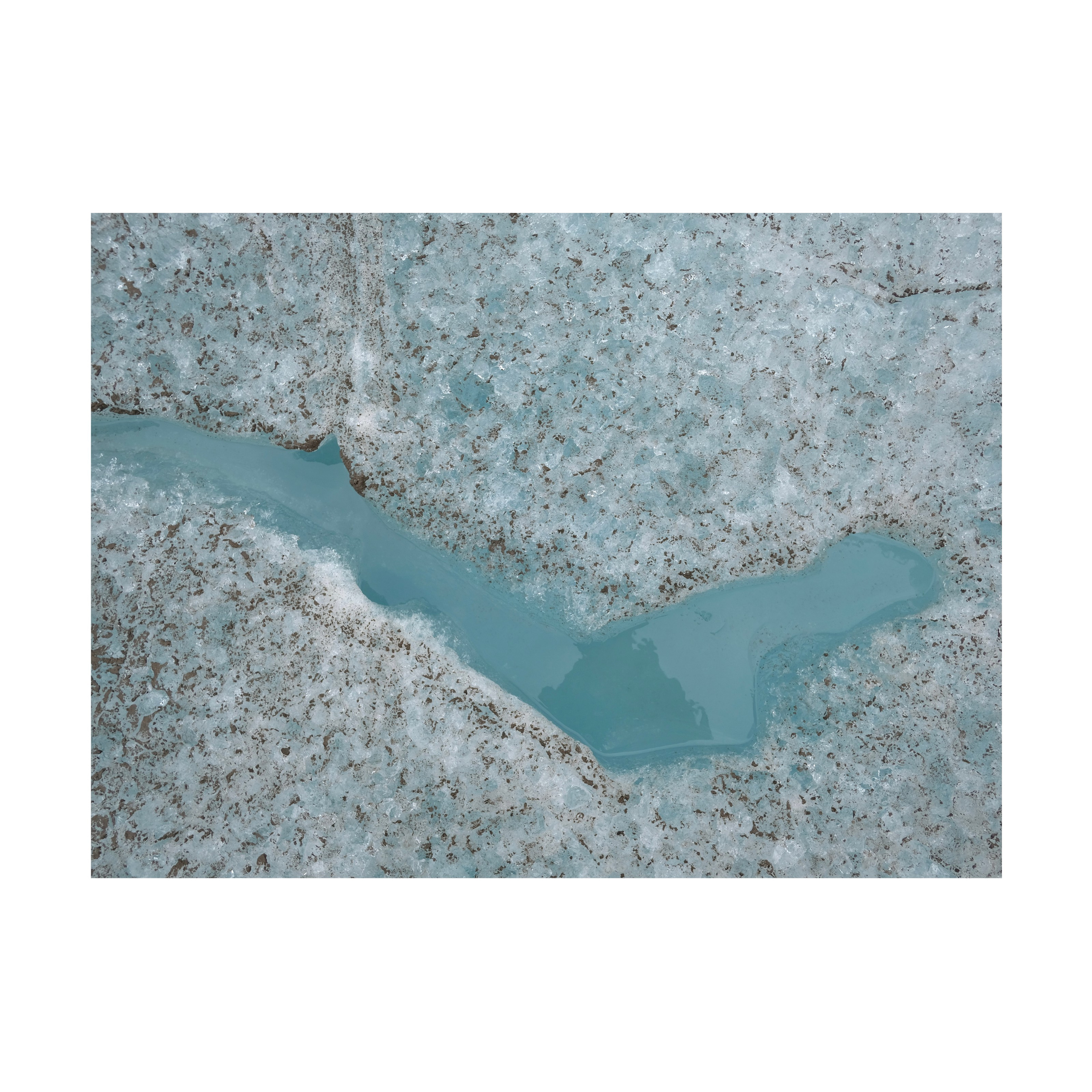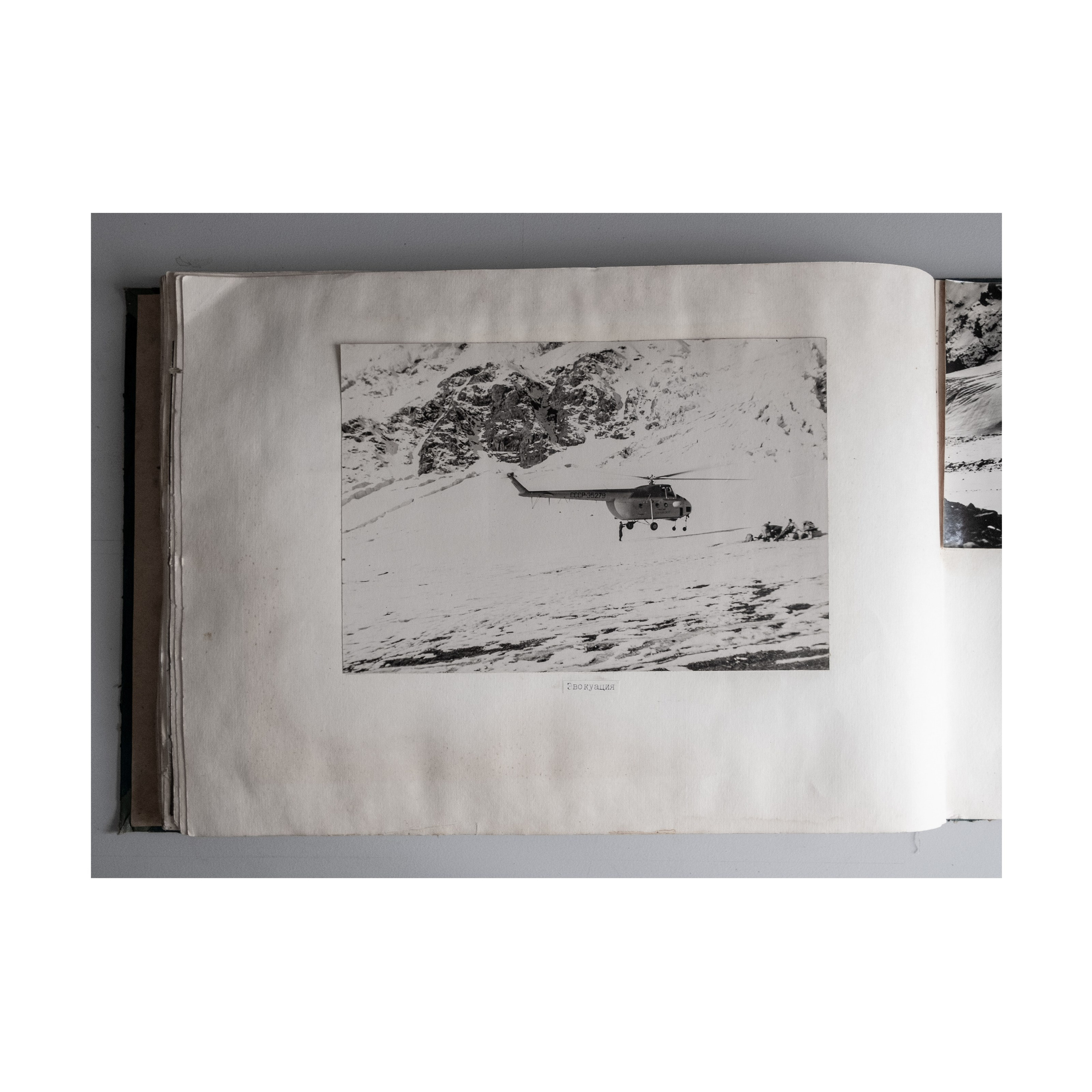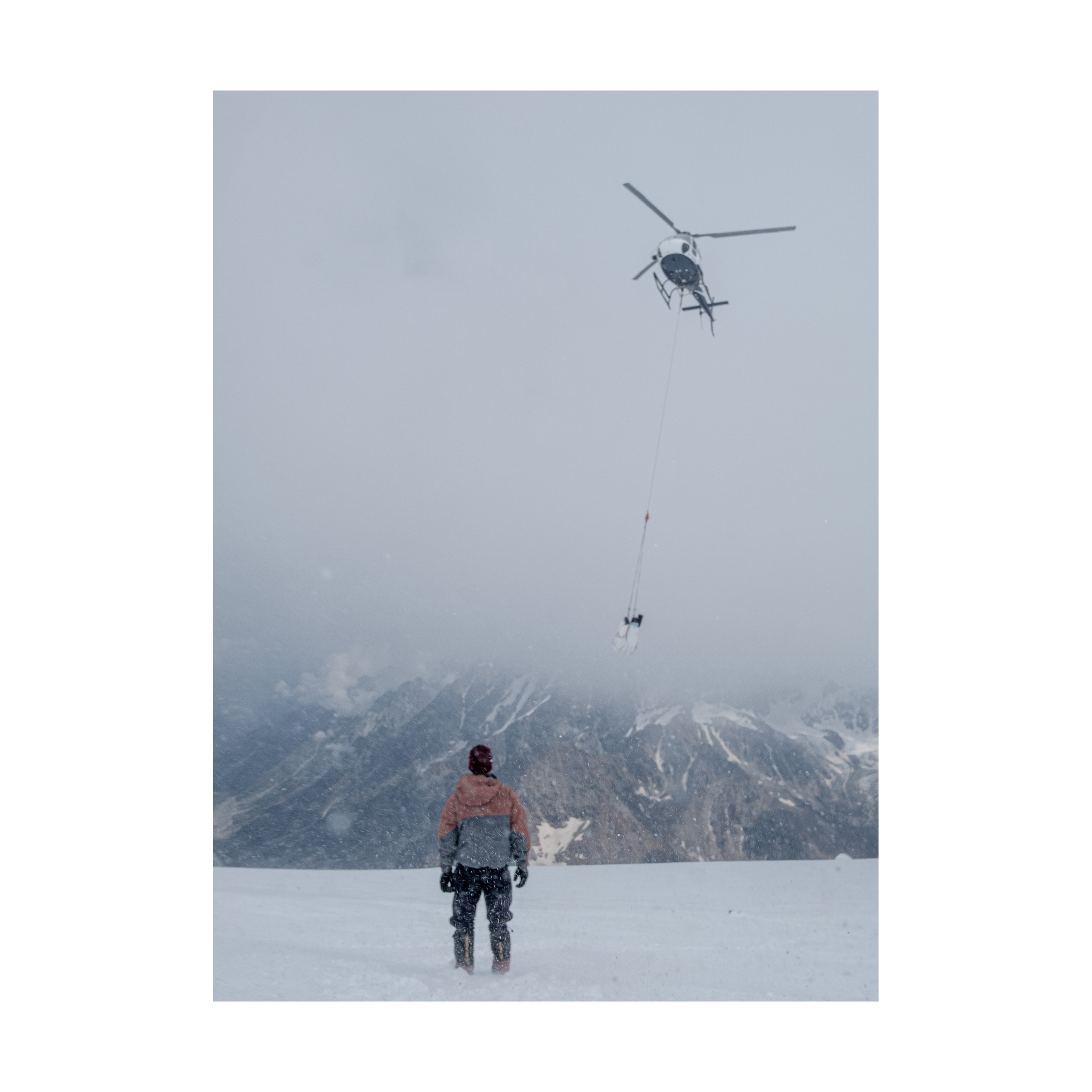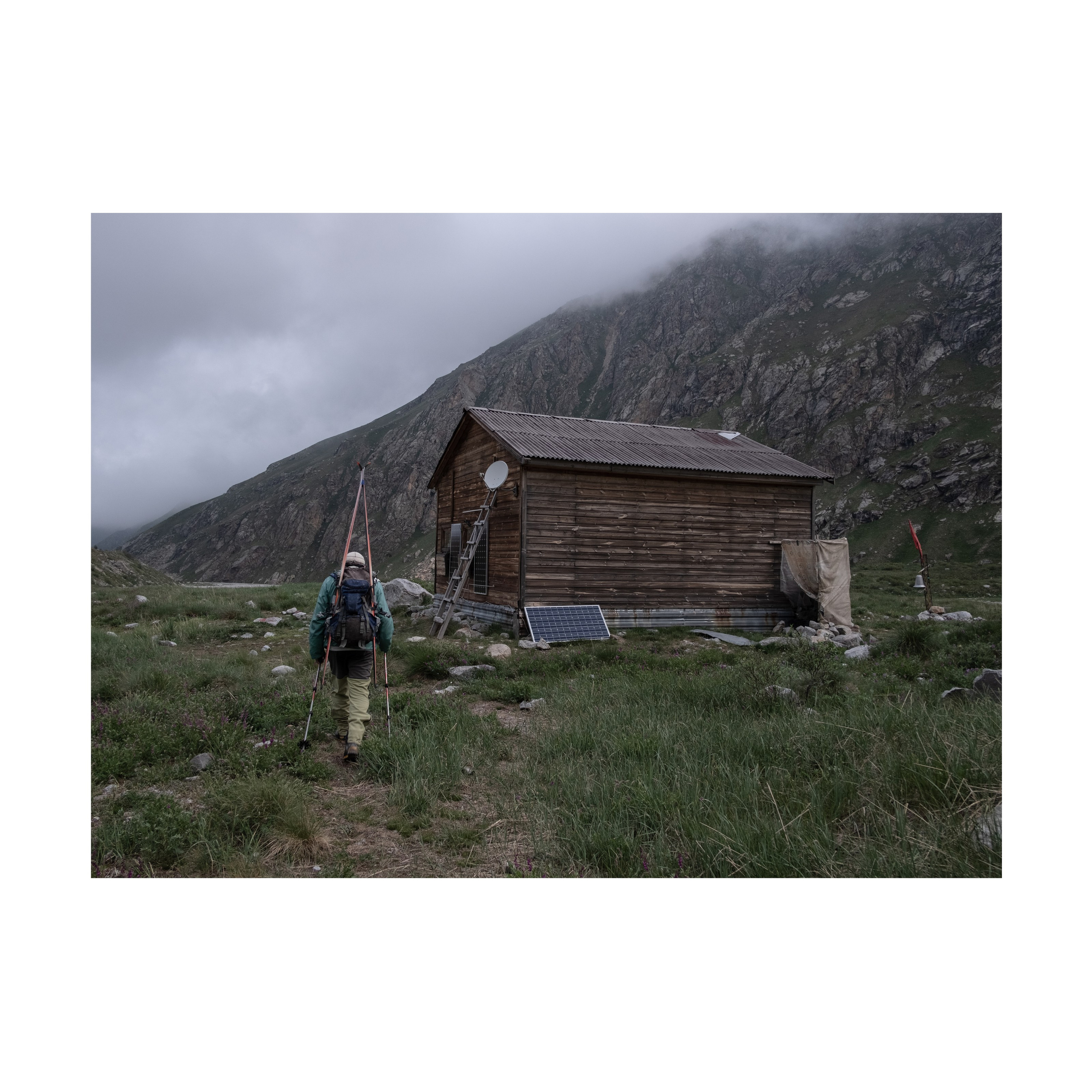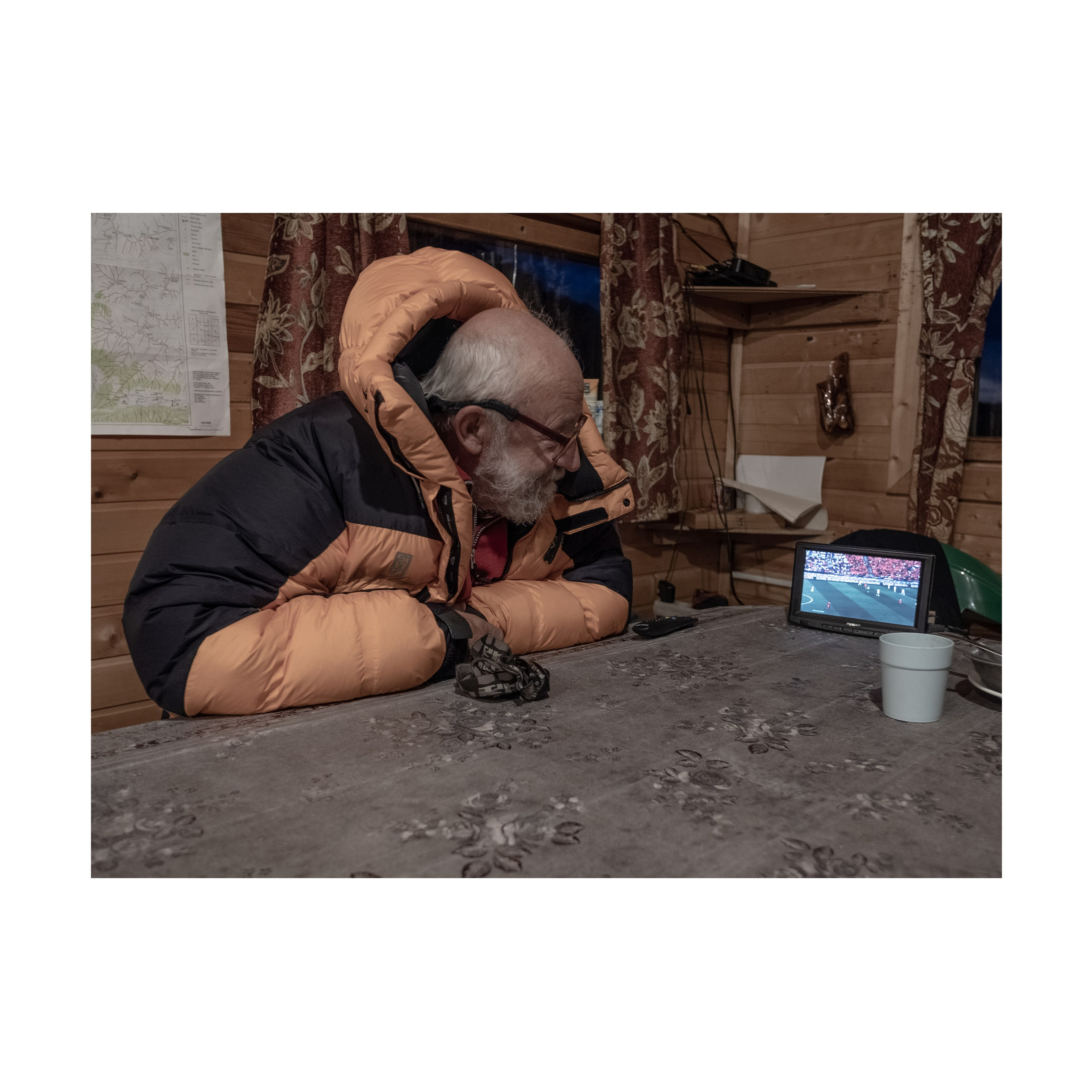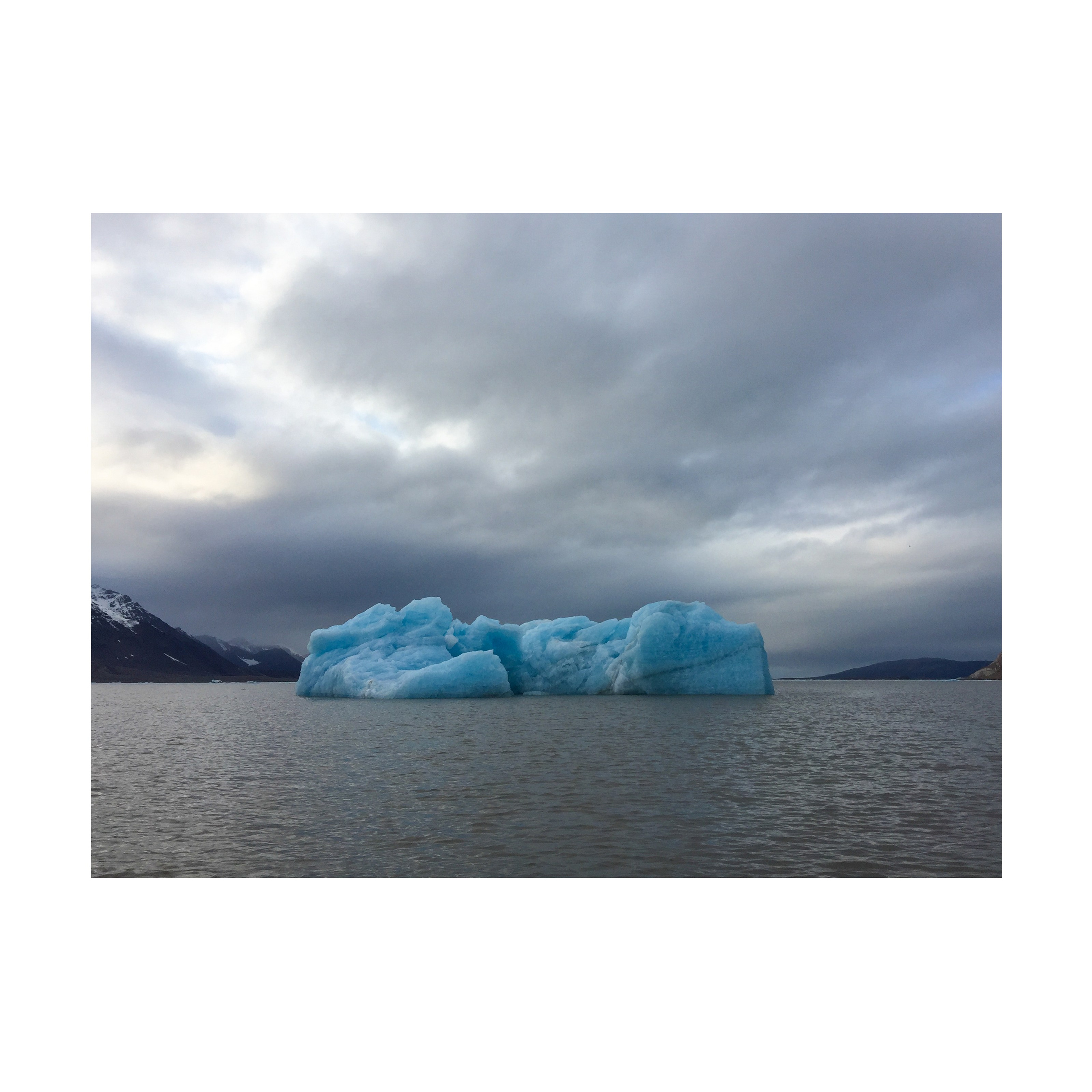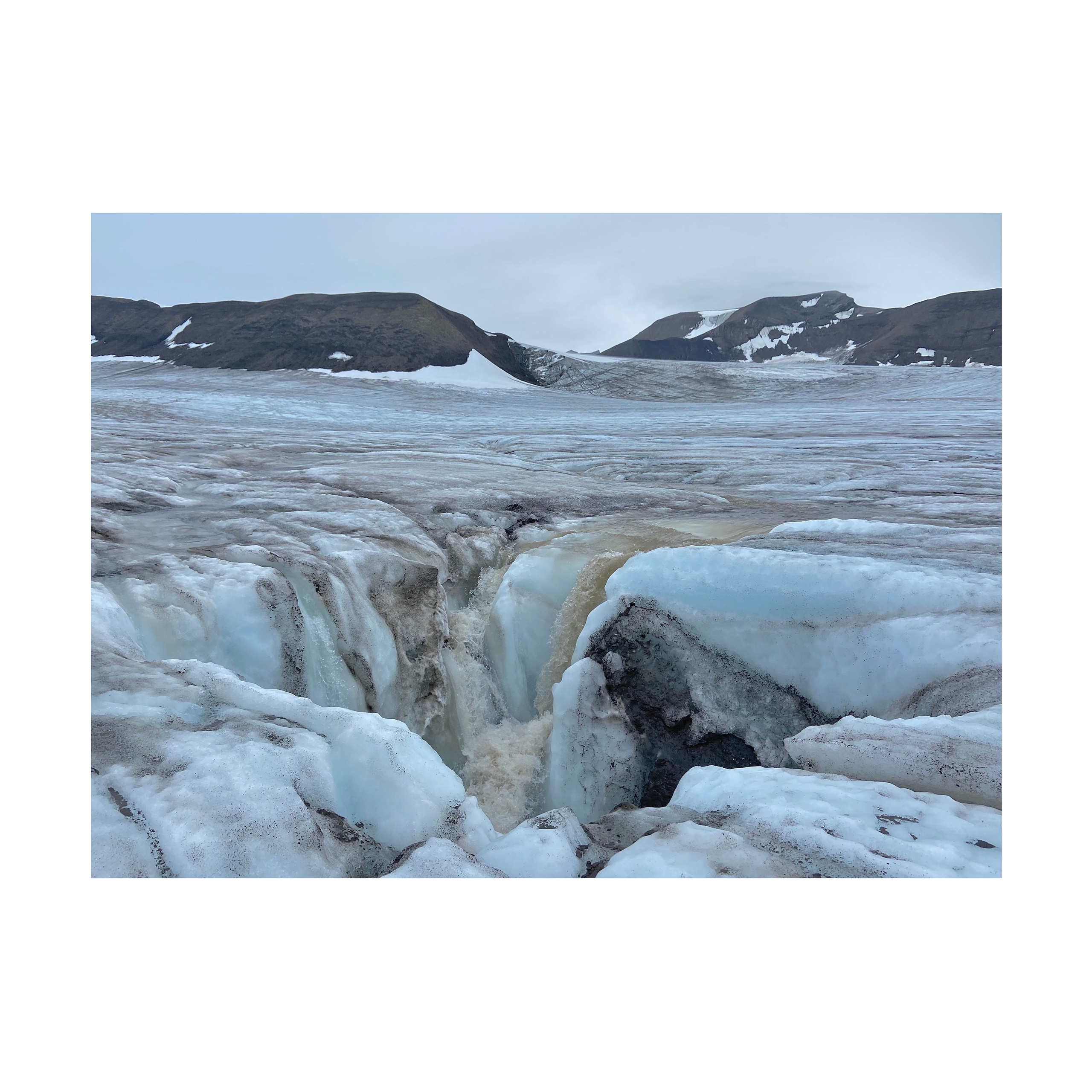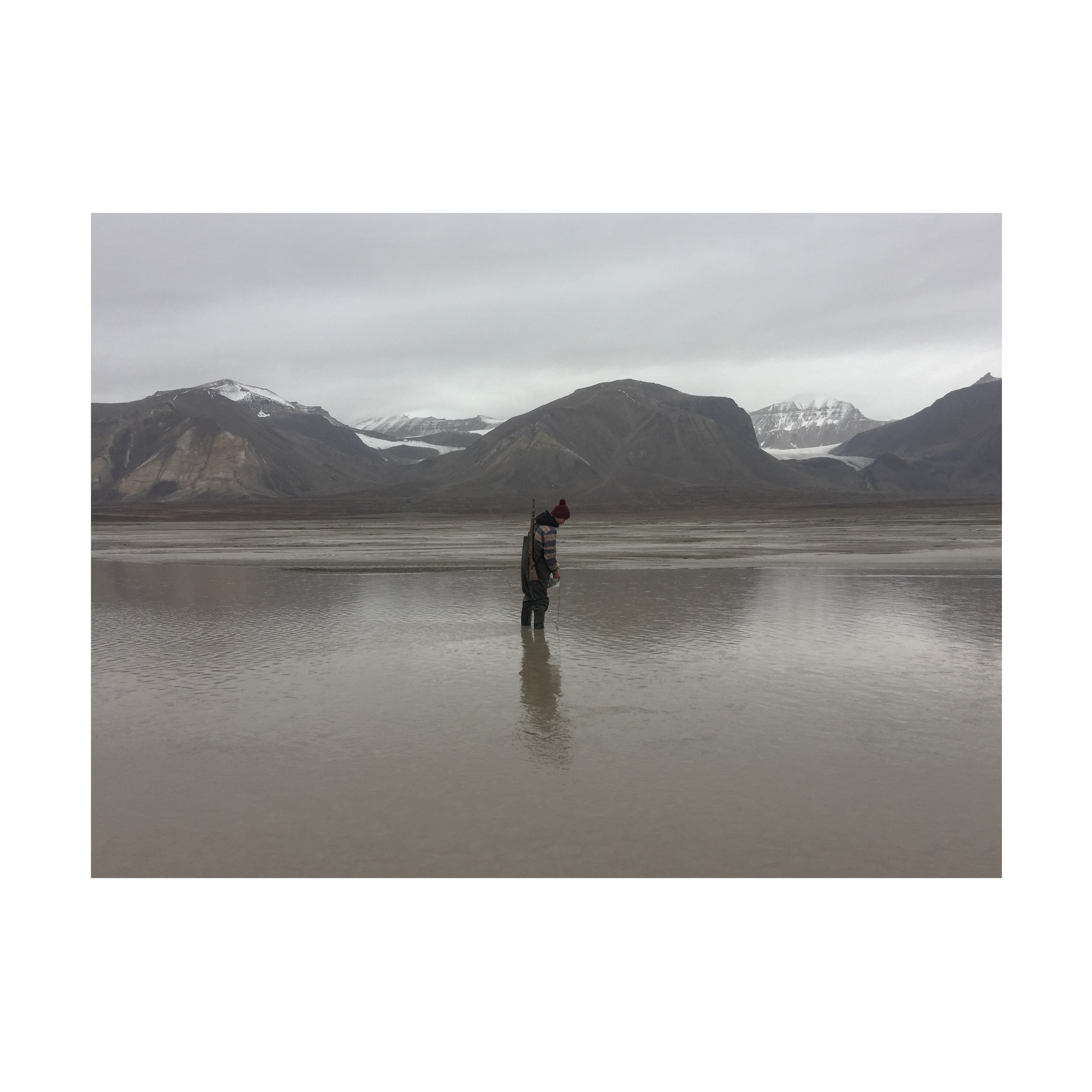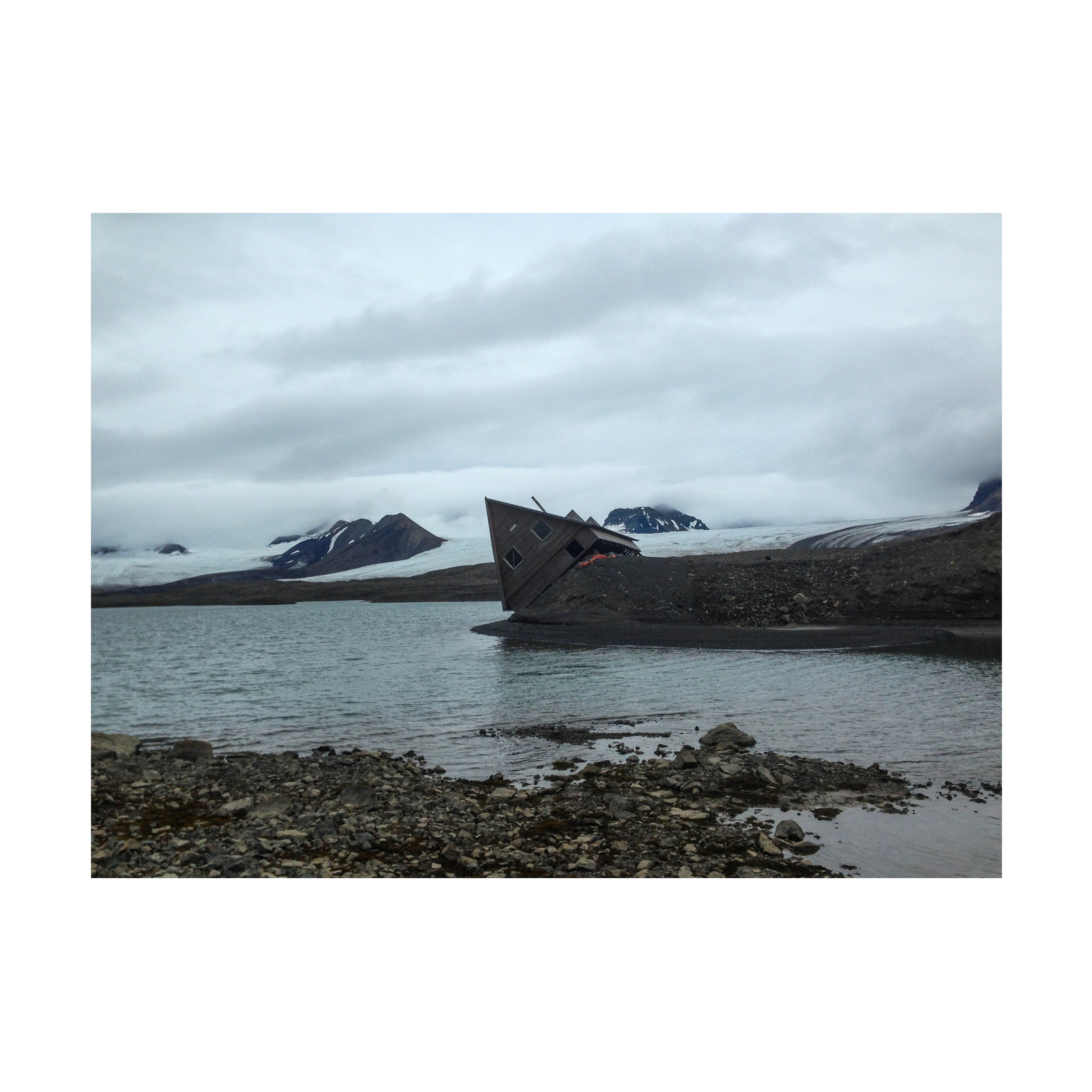Willingness to freeze
(2017 — forever)
Advice from a glacier:
Carve your own path,
Go slow,
Channel your strengths,
Smooth the way for others,
Keep moving forward,
Avoid meltdowns,
Be cool.
A glacier
forms in cold temperatures, where seasonal snow doesn’t melt during the year
and then turns into ice year after year. Therefore, the glacier consists of
layers and contains the air of past times. By studying the composition of air
and ice, it is clear how the climate has changed in the past — the dependencies
of modern glaciation and climate, and by which scenarios our planet can be
changed in the future. A relatively small group of scientists — glaciologists —
study glaciers.
If talking
about the northern hemisphere, the field season lasts approximately from April
to September. At this time, glaciologists travel to those regions where the
glaciers exist. These regions are usually mountainous or polar. Glaciologists
measure the thickness of ice and snow, do deep ice drilling, measure the
necessary meteorological parameters, and much more. The work is fraught with
dangers, living in harsh conditions, with a certain willingness to freeze.
In order to
obtain valuable information, it is sometimes necessary to spend several months
at a scientific station or in a tent at an altitude of 5000 meters above sea
level. Sometimes it is necessary to have a gun because polar bears live in the
Arctic regions.
The state of glaciers determines the sea level, the amount of fresh water on the planet, the river flow, the presence of dangerous outbursts of glacial lakes and catastrophic landslides, and last but not least, human life. Now the glaciation is actively reducing.

